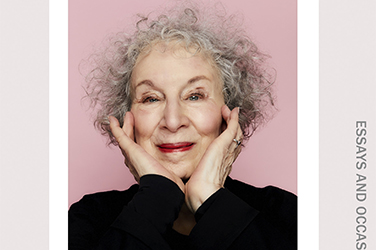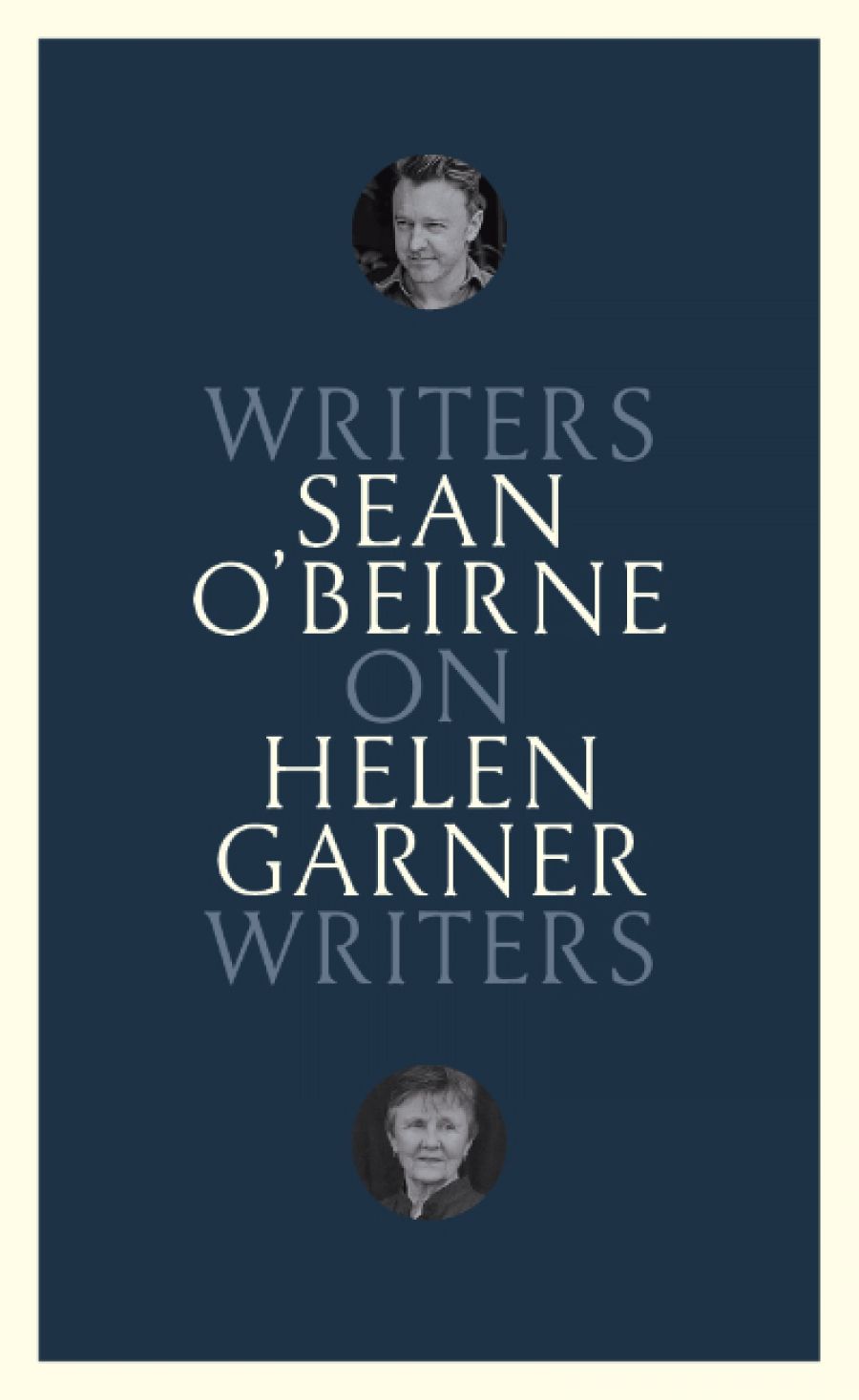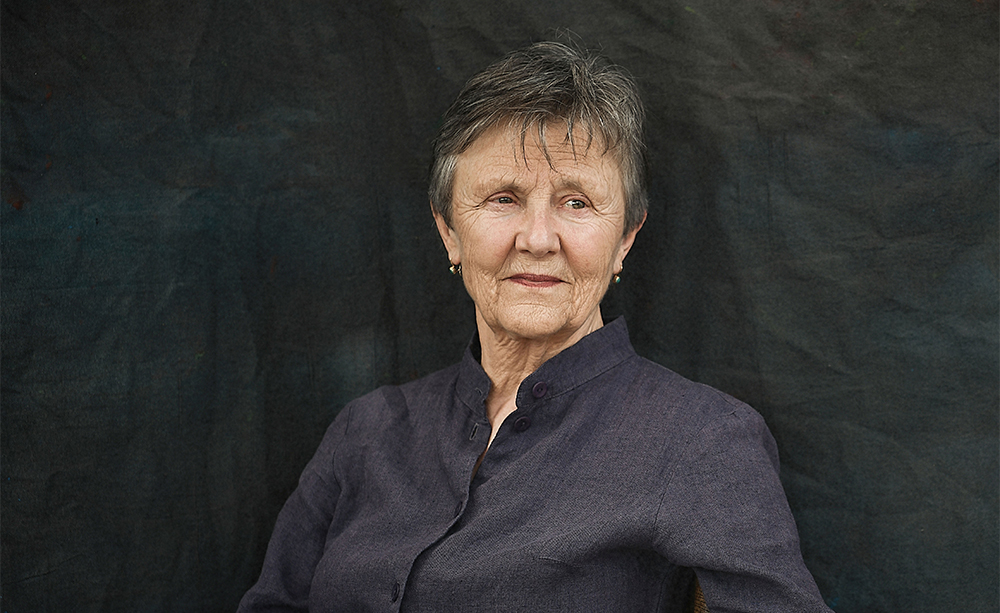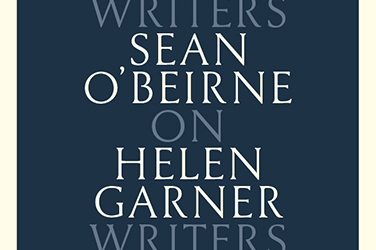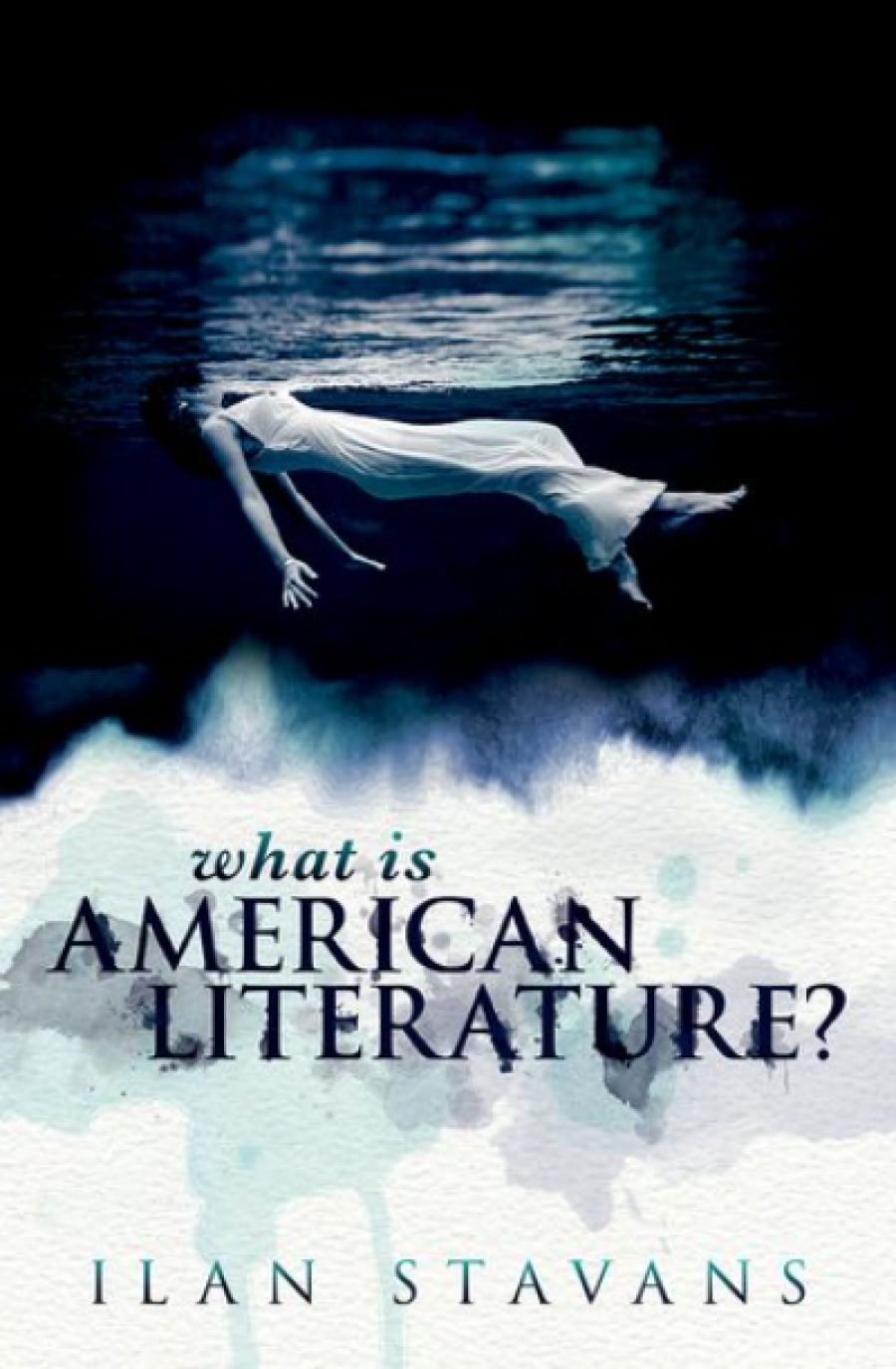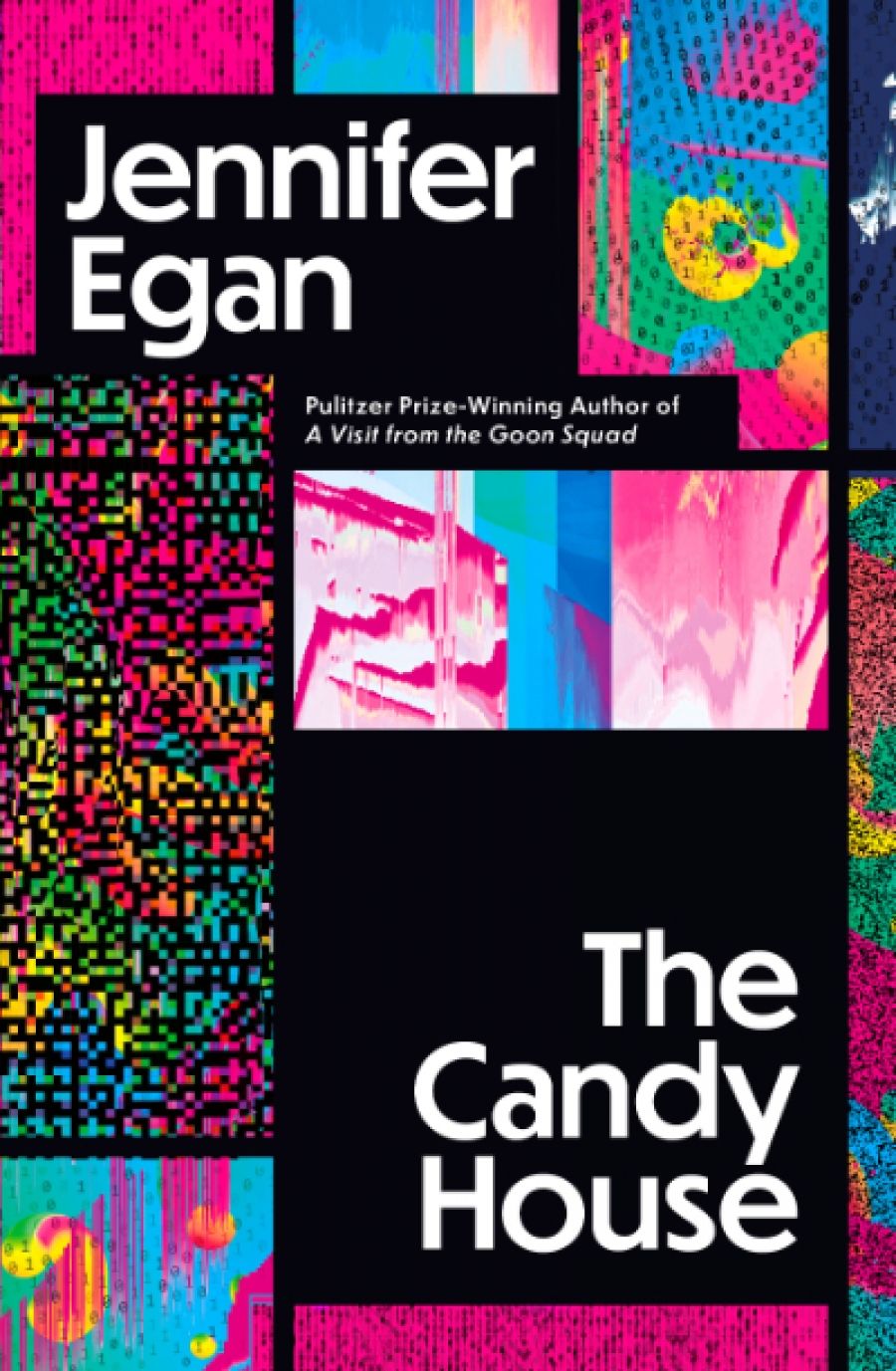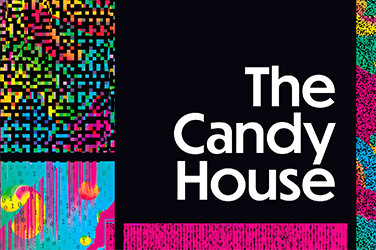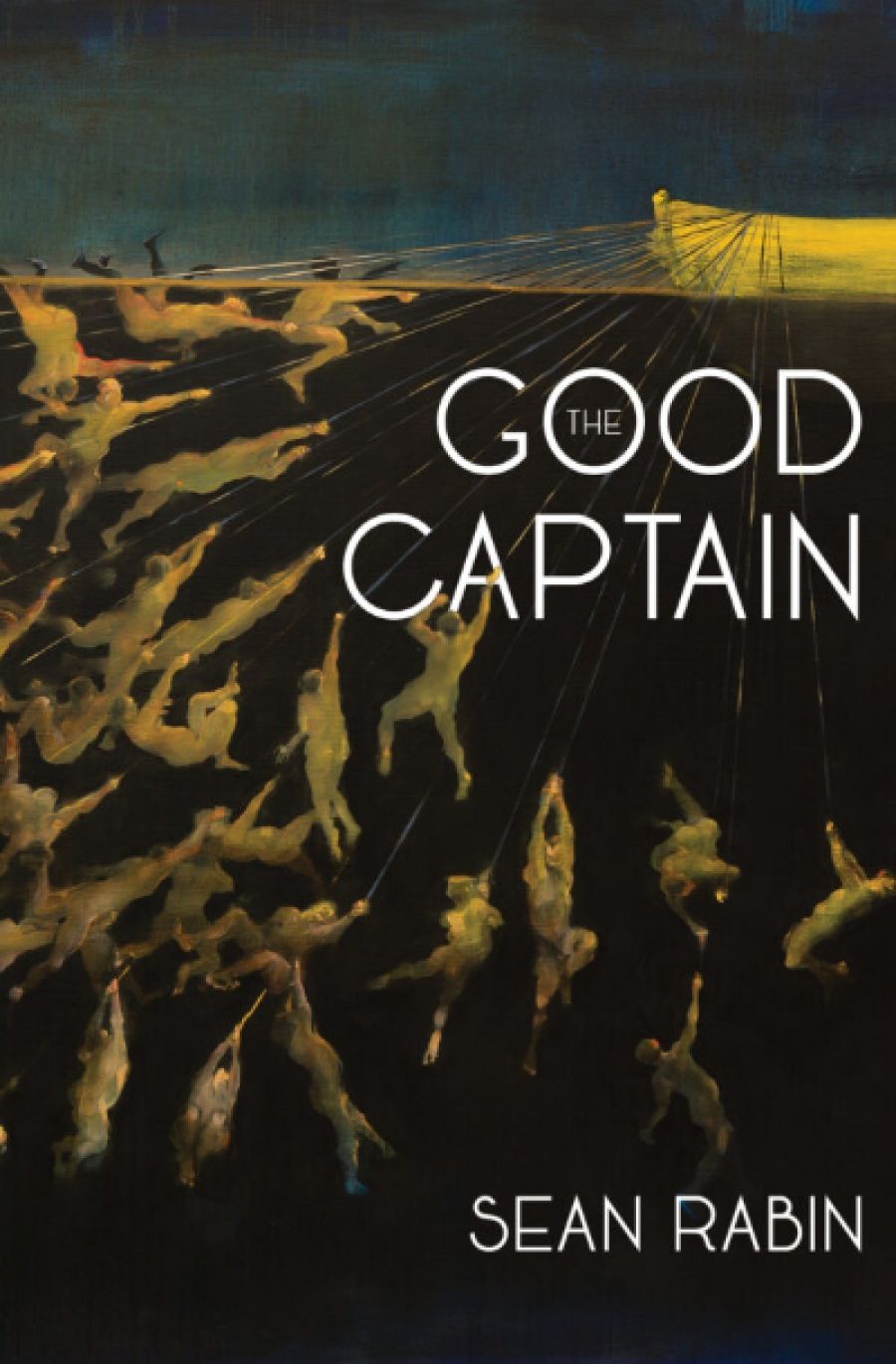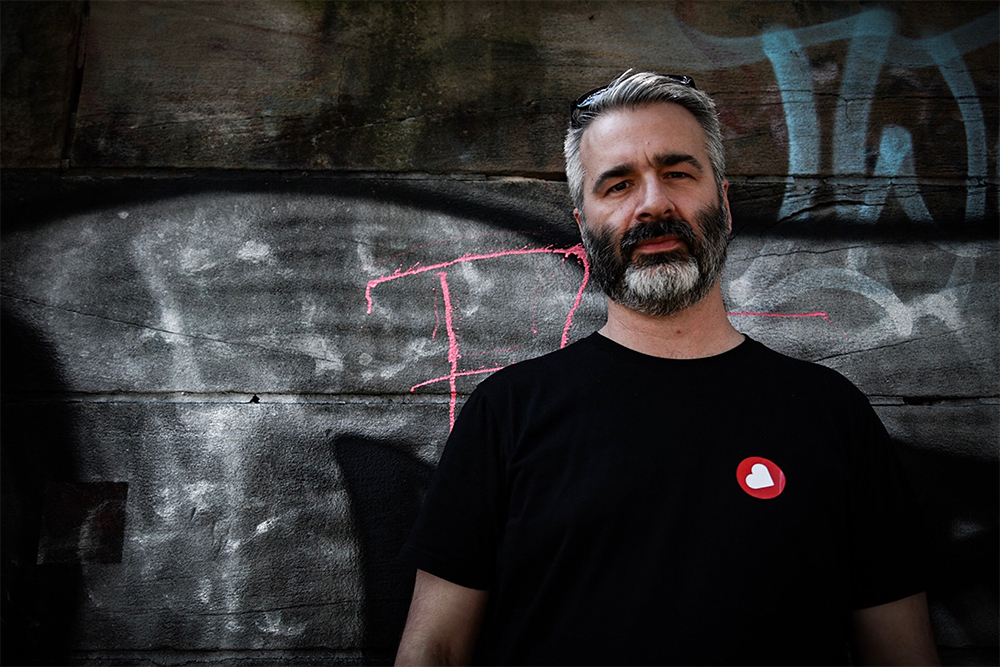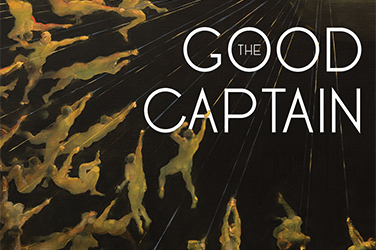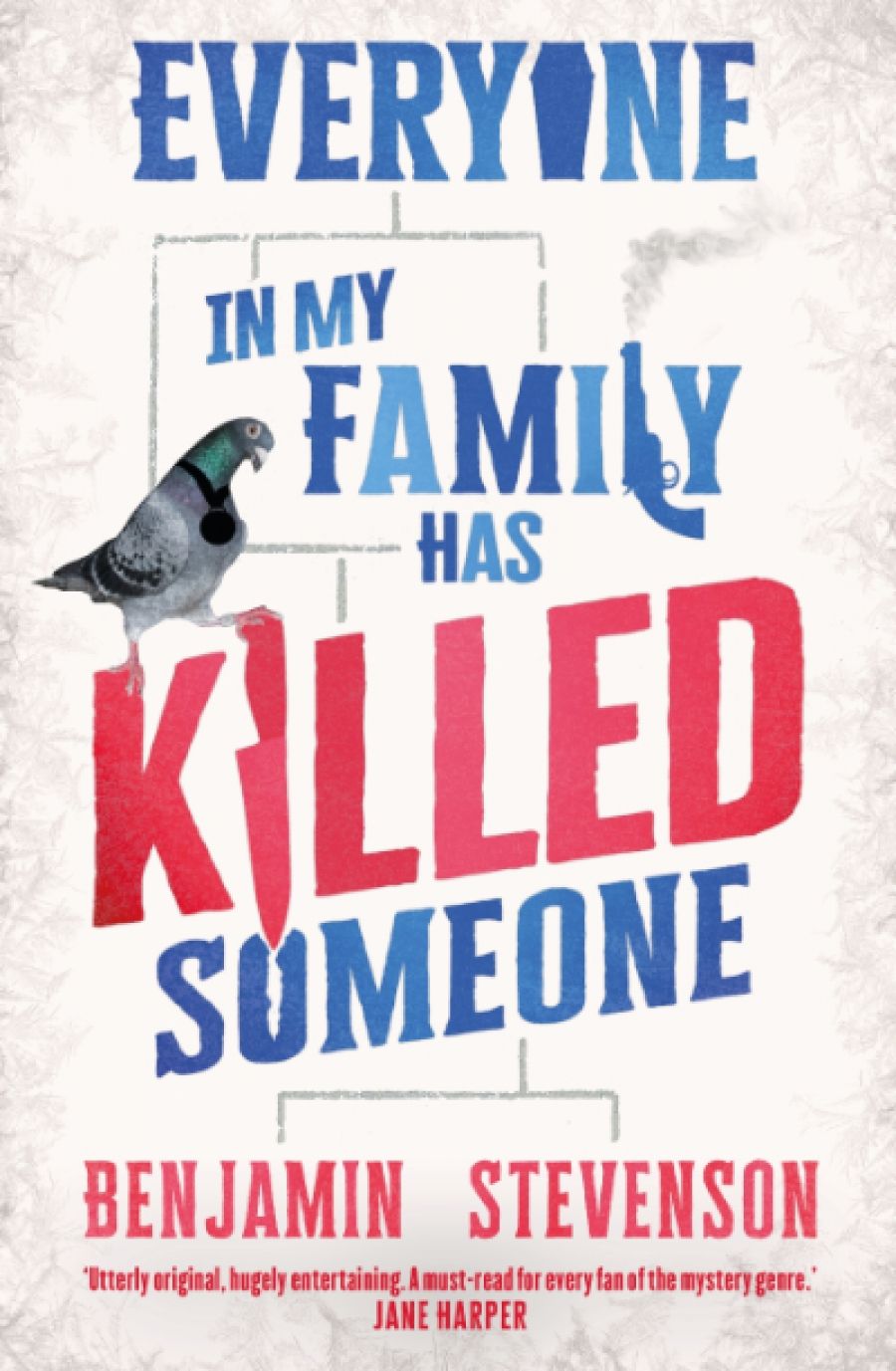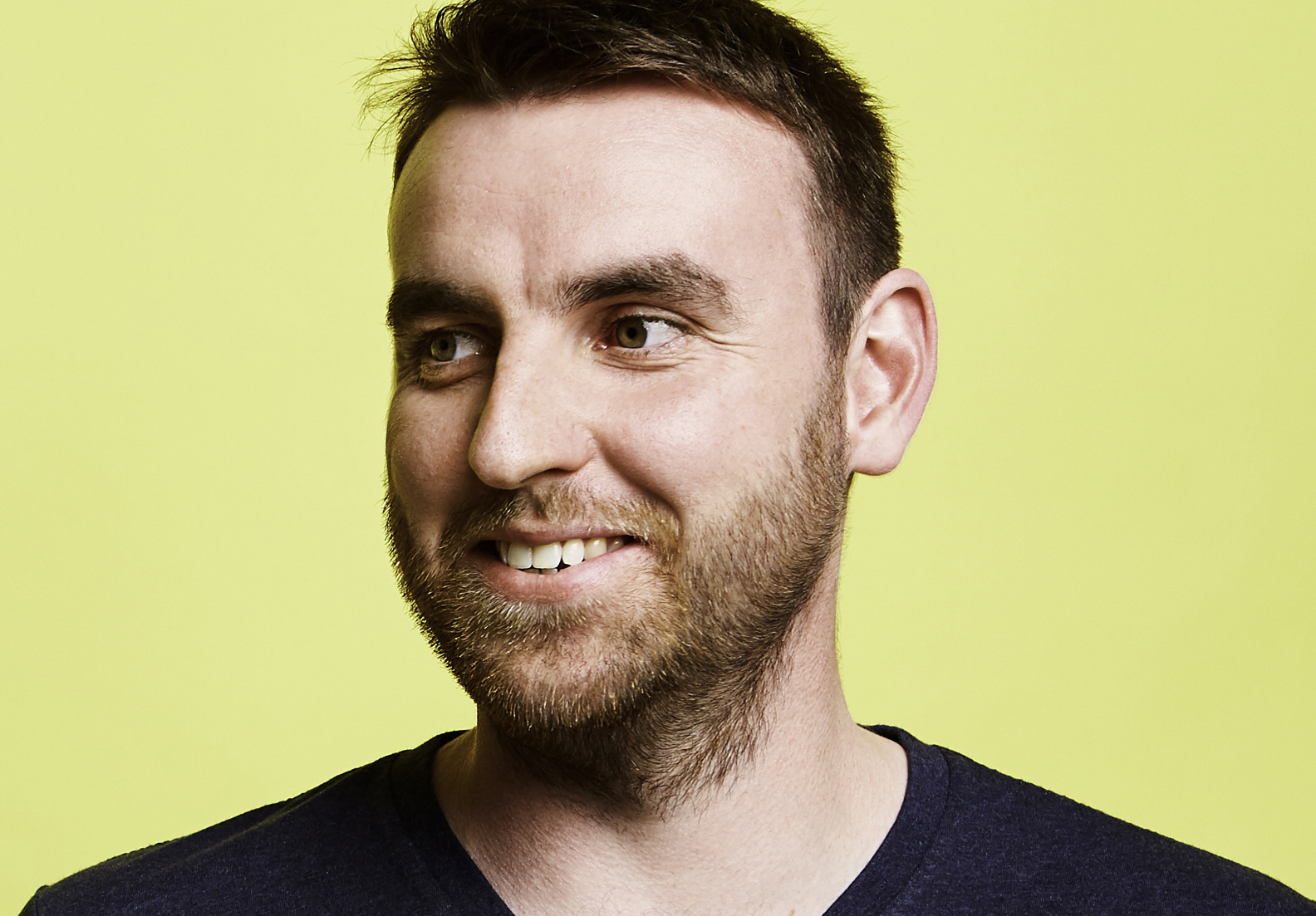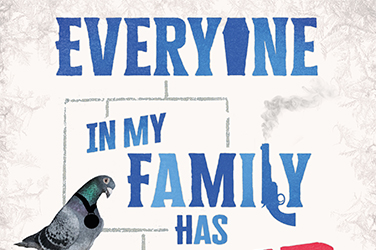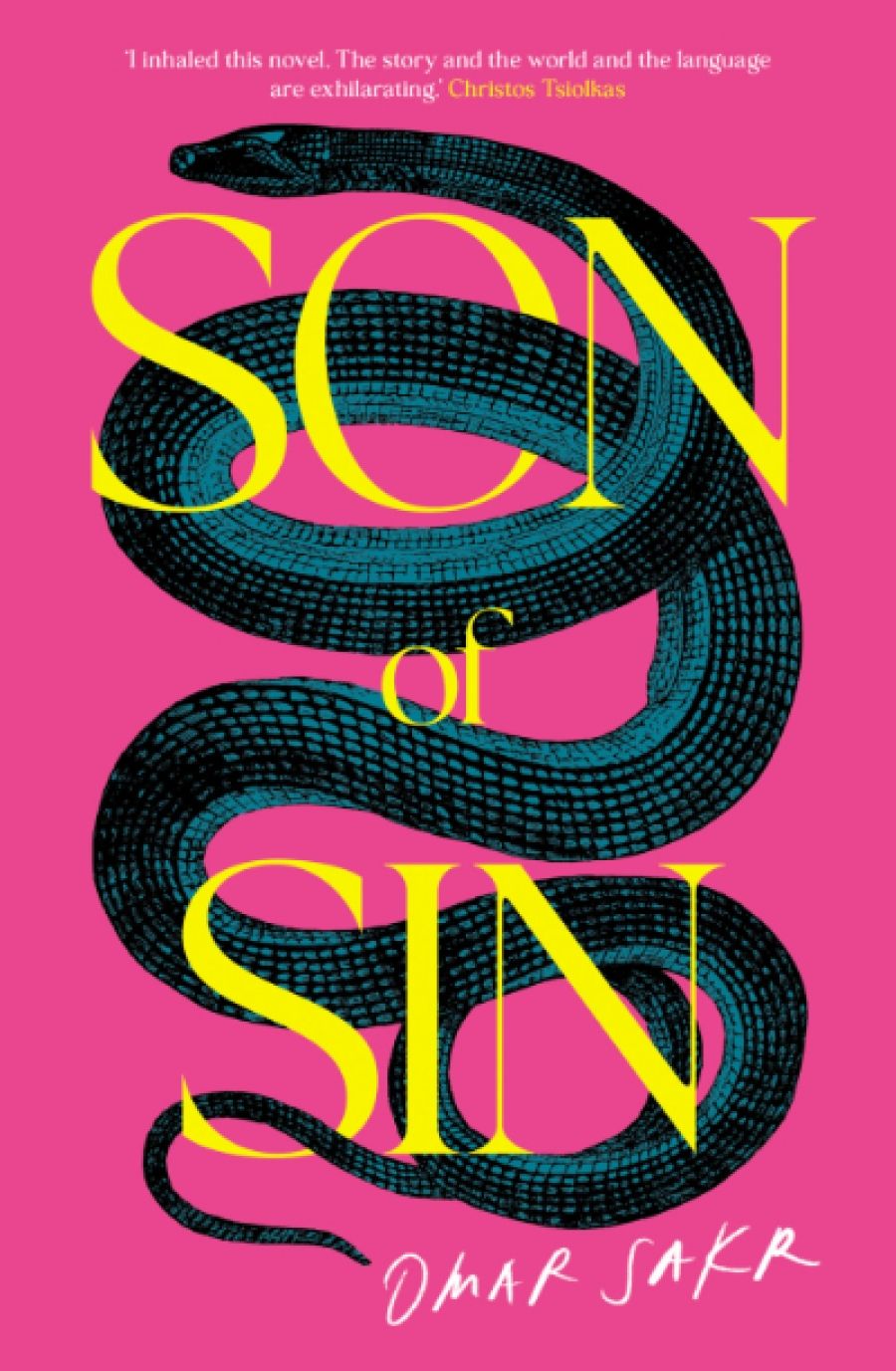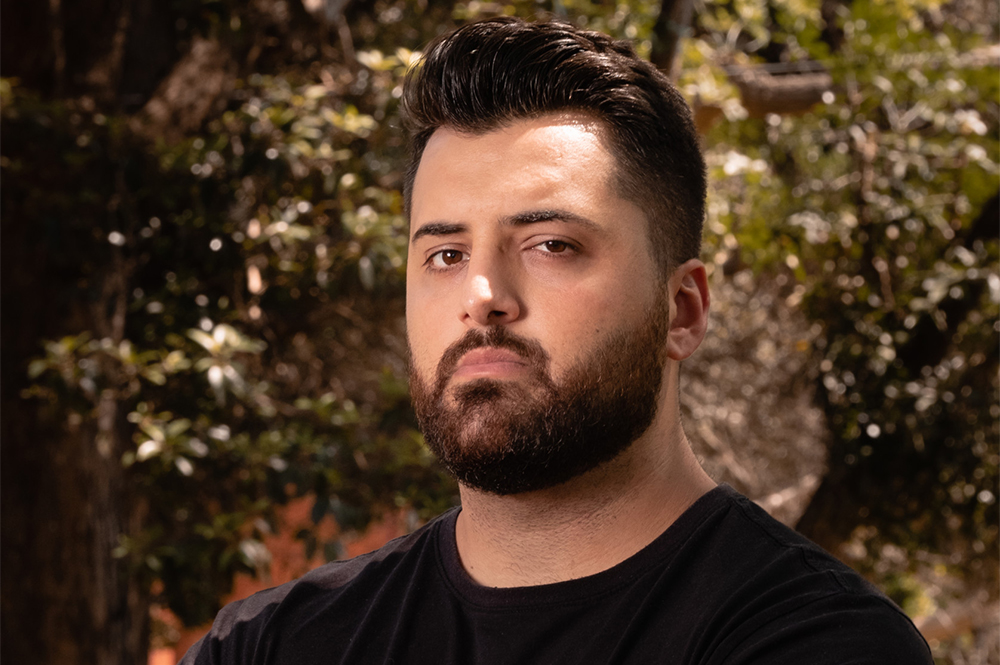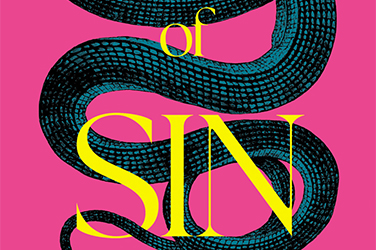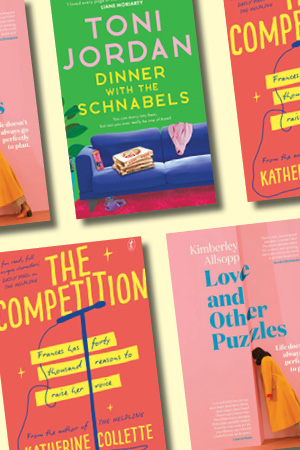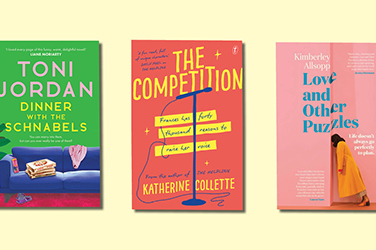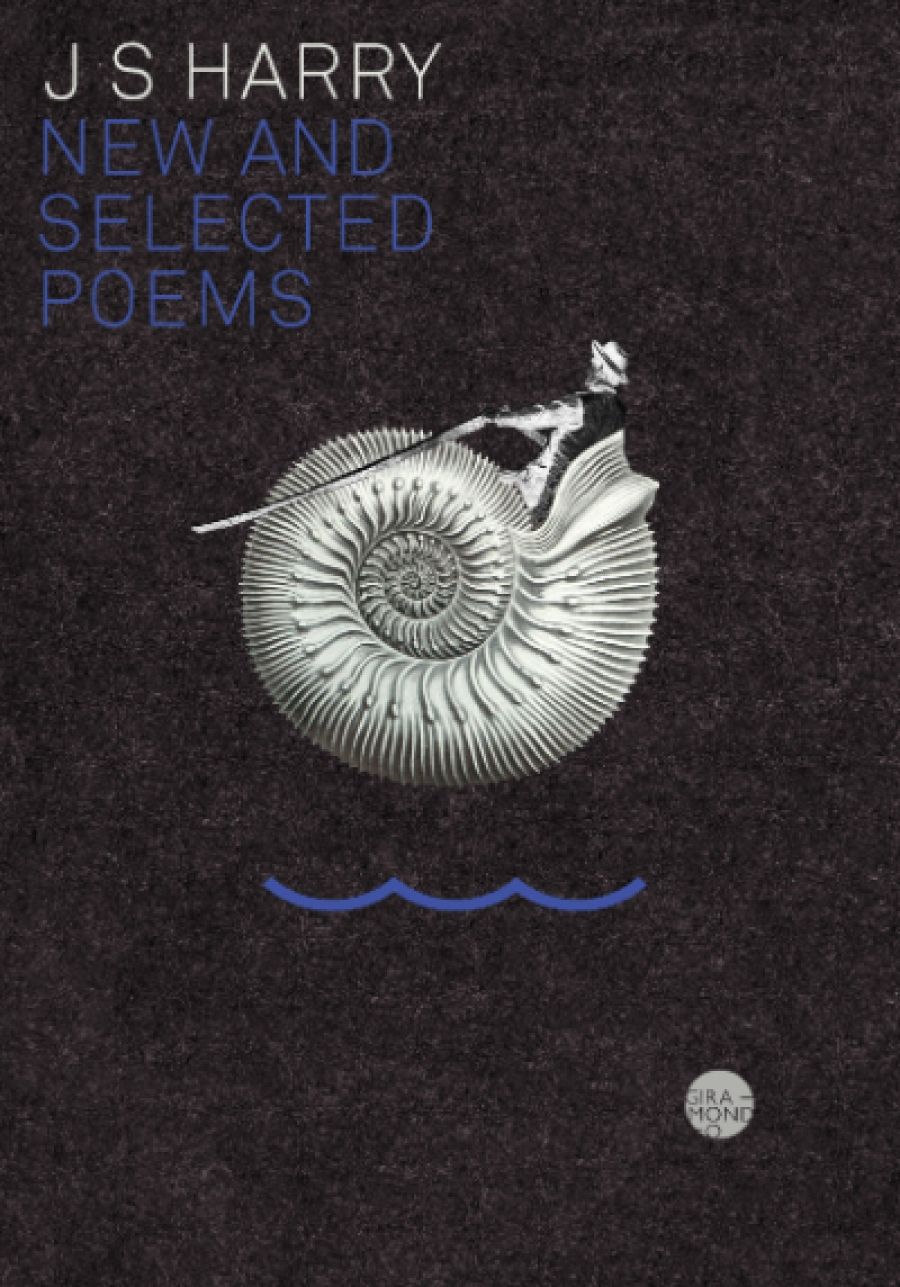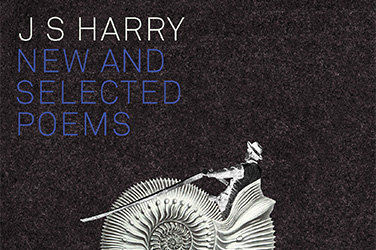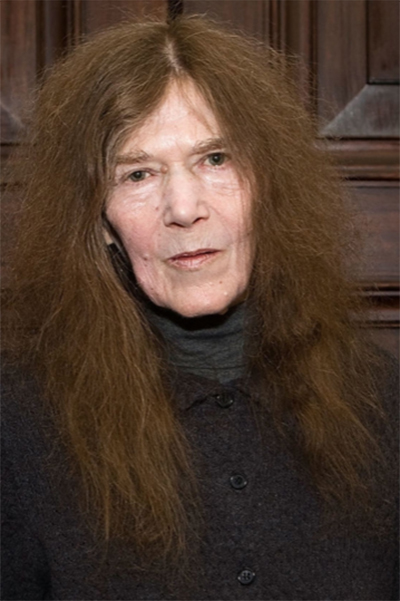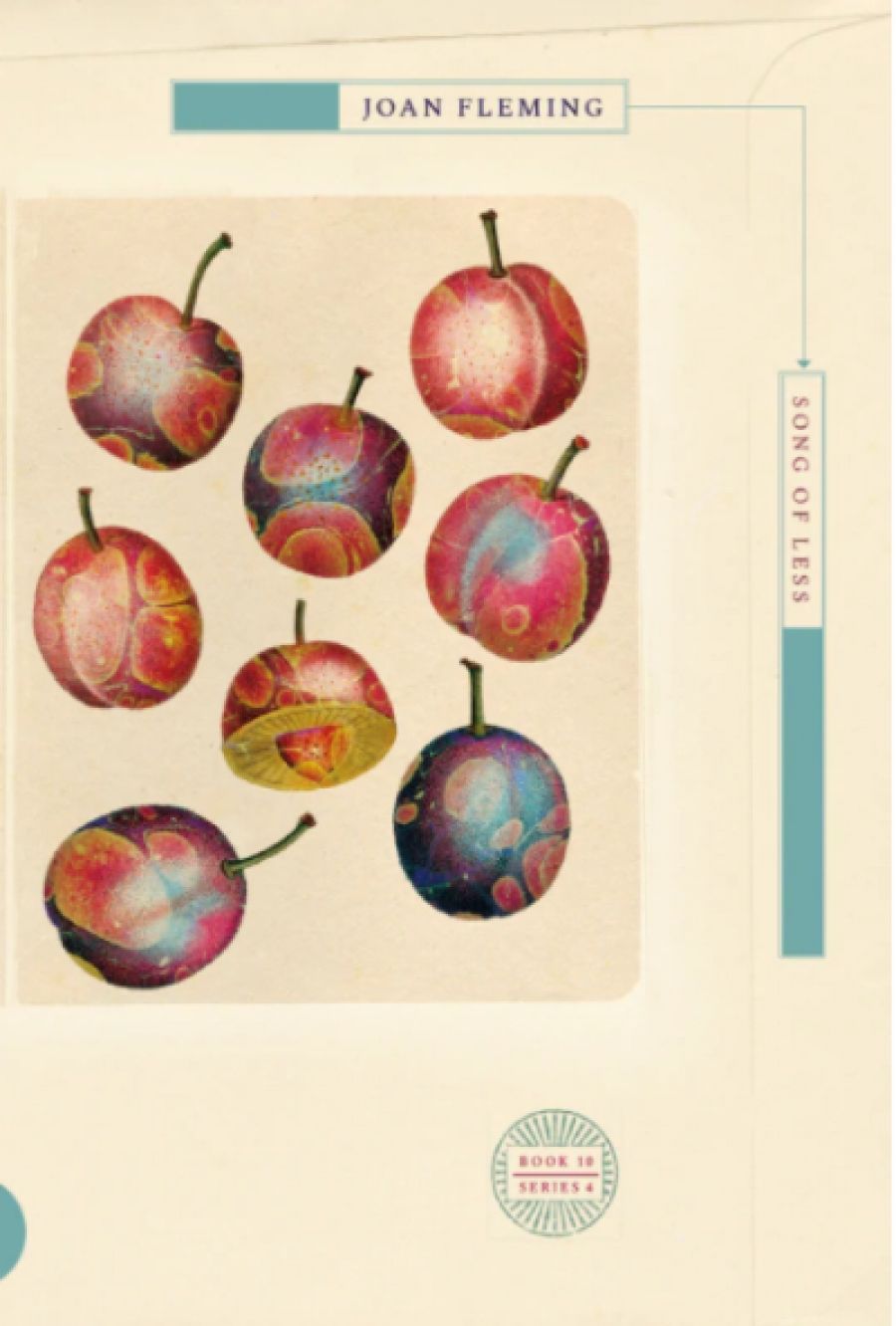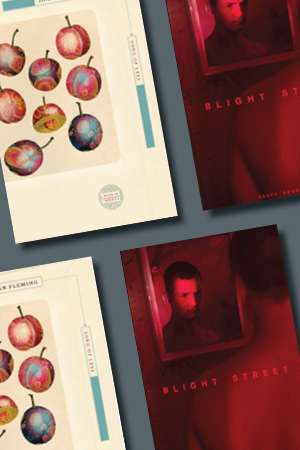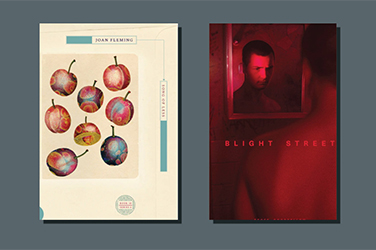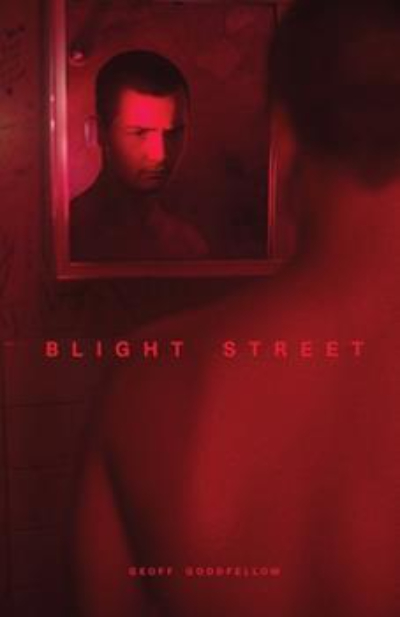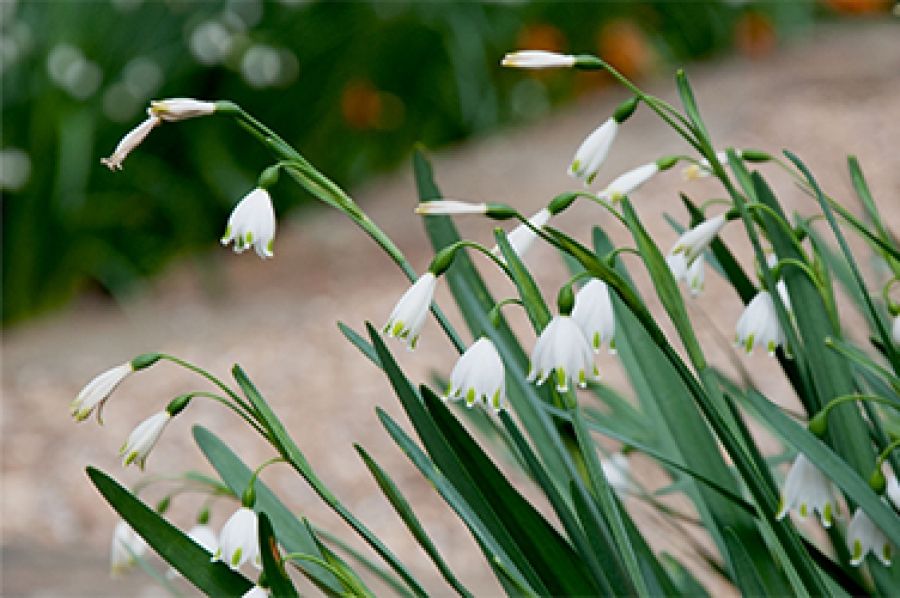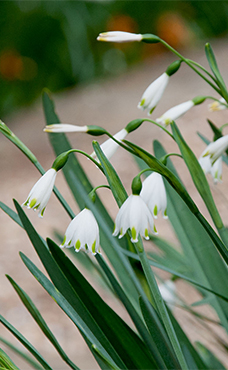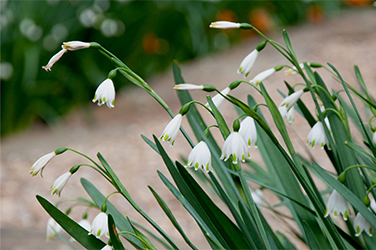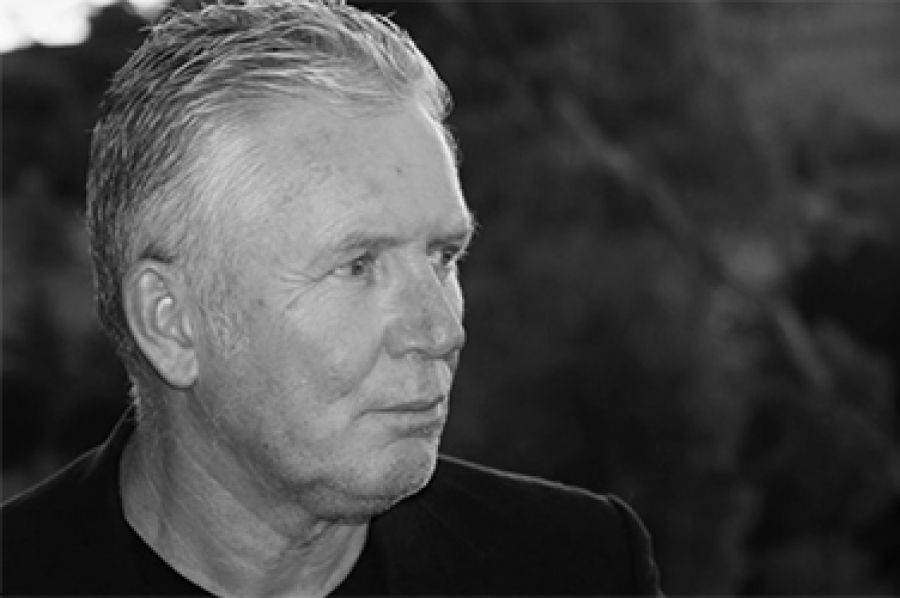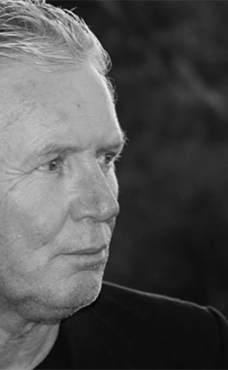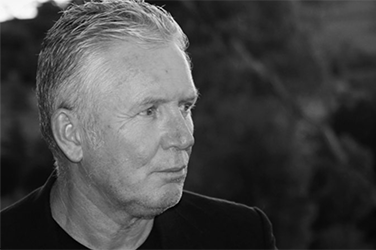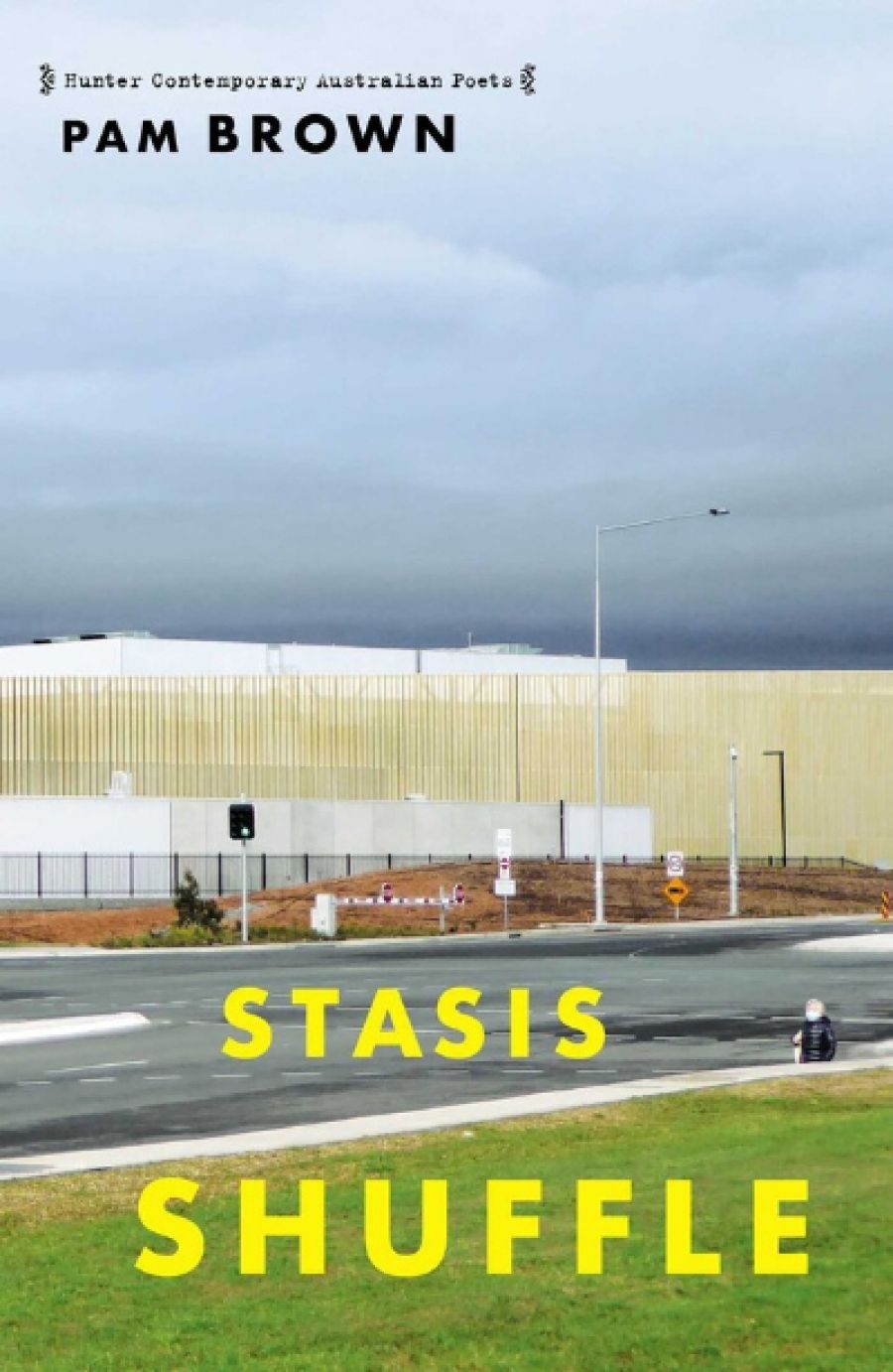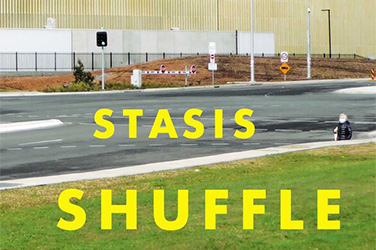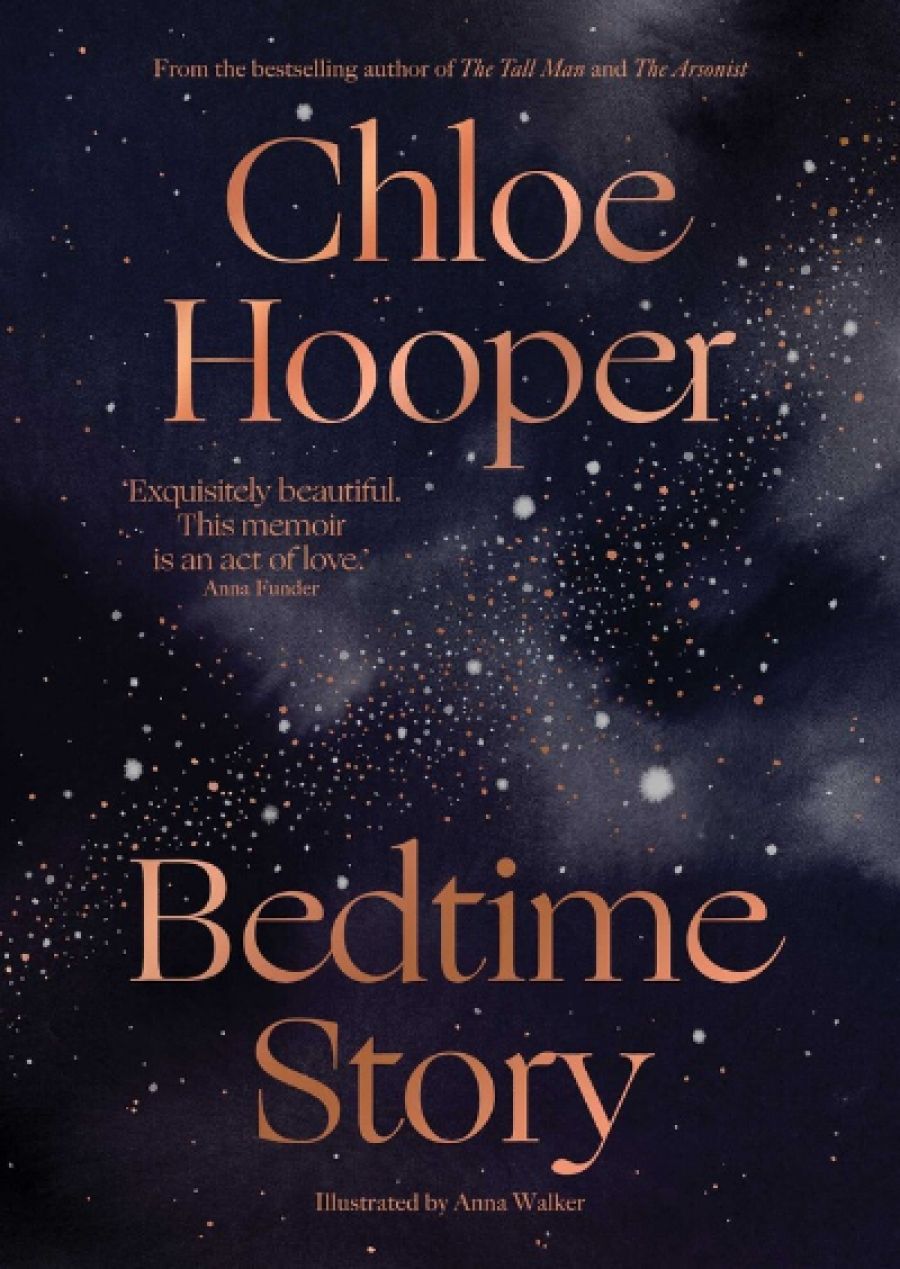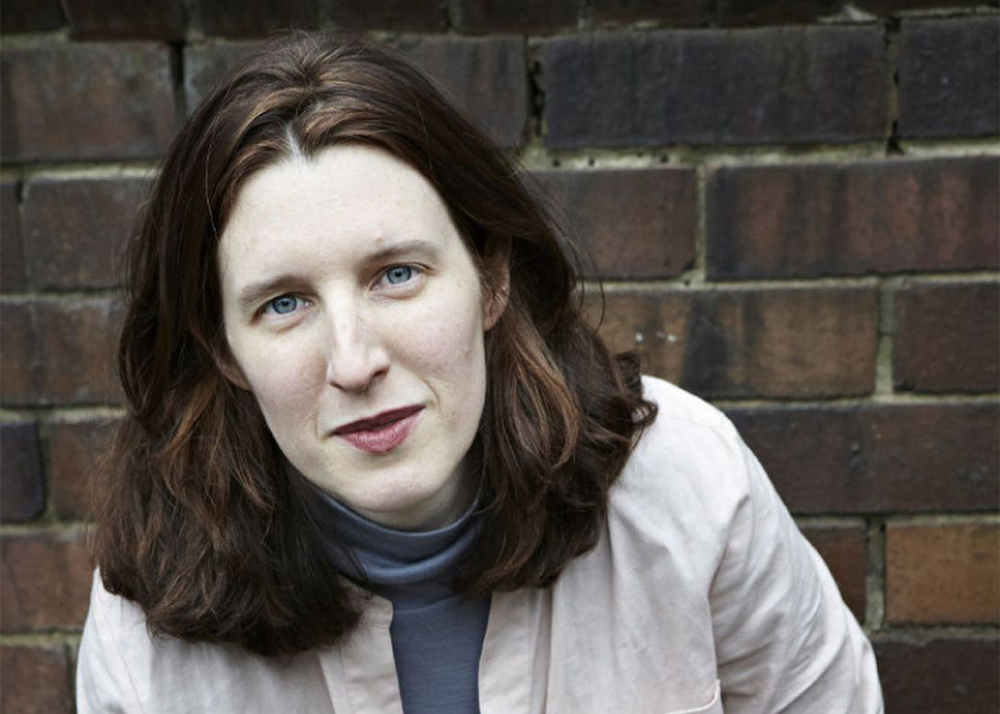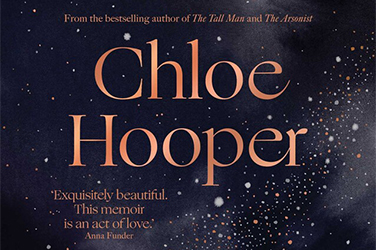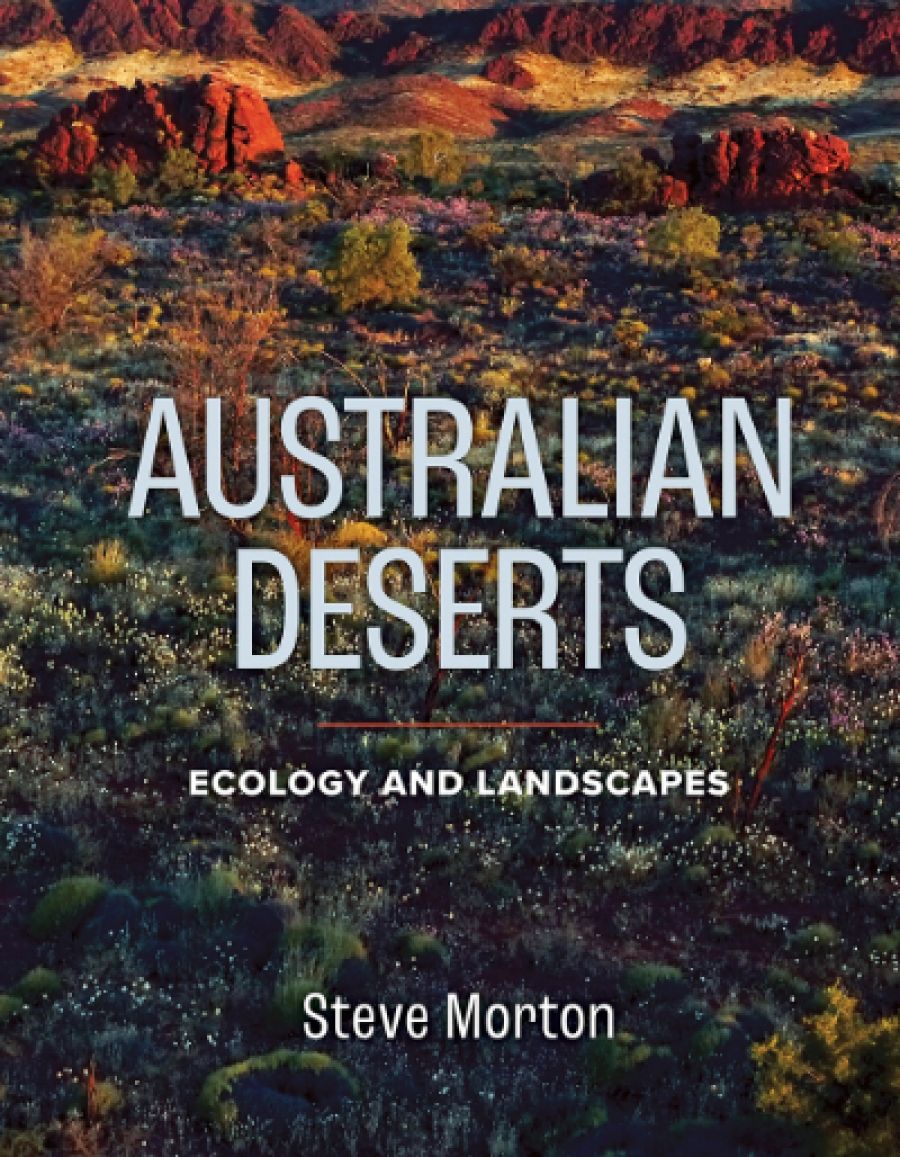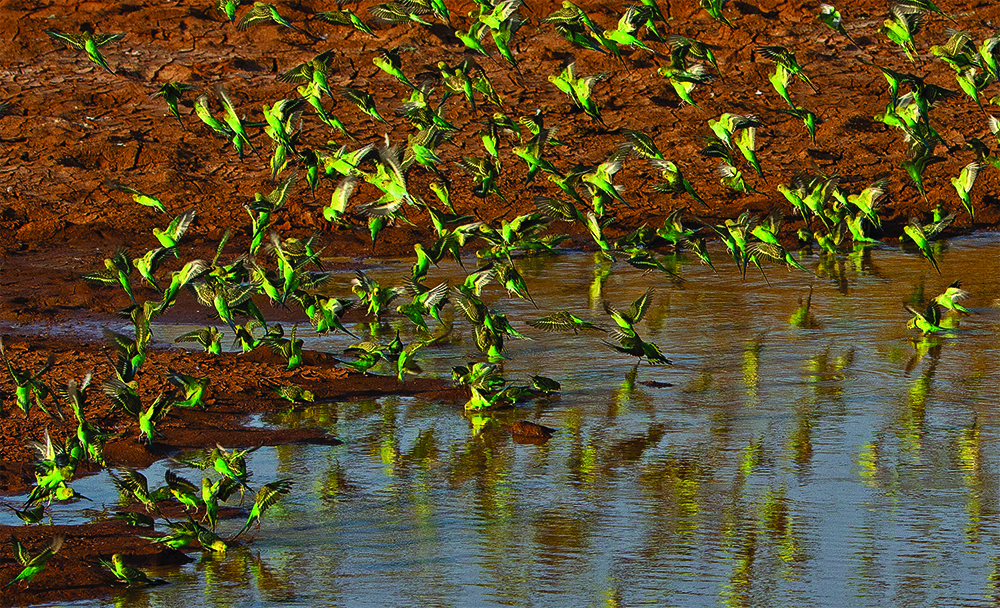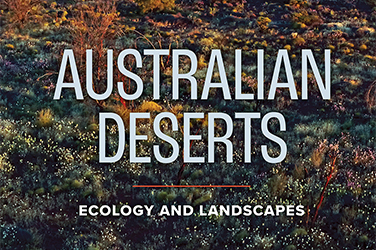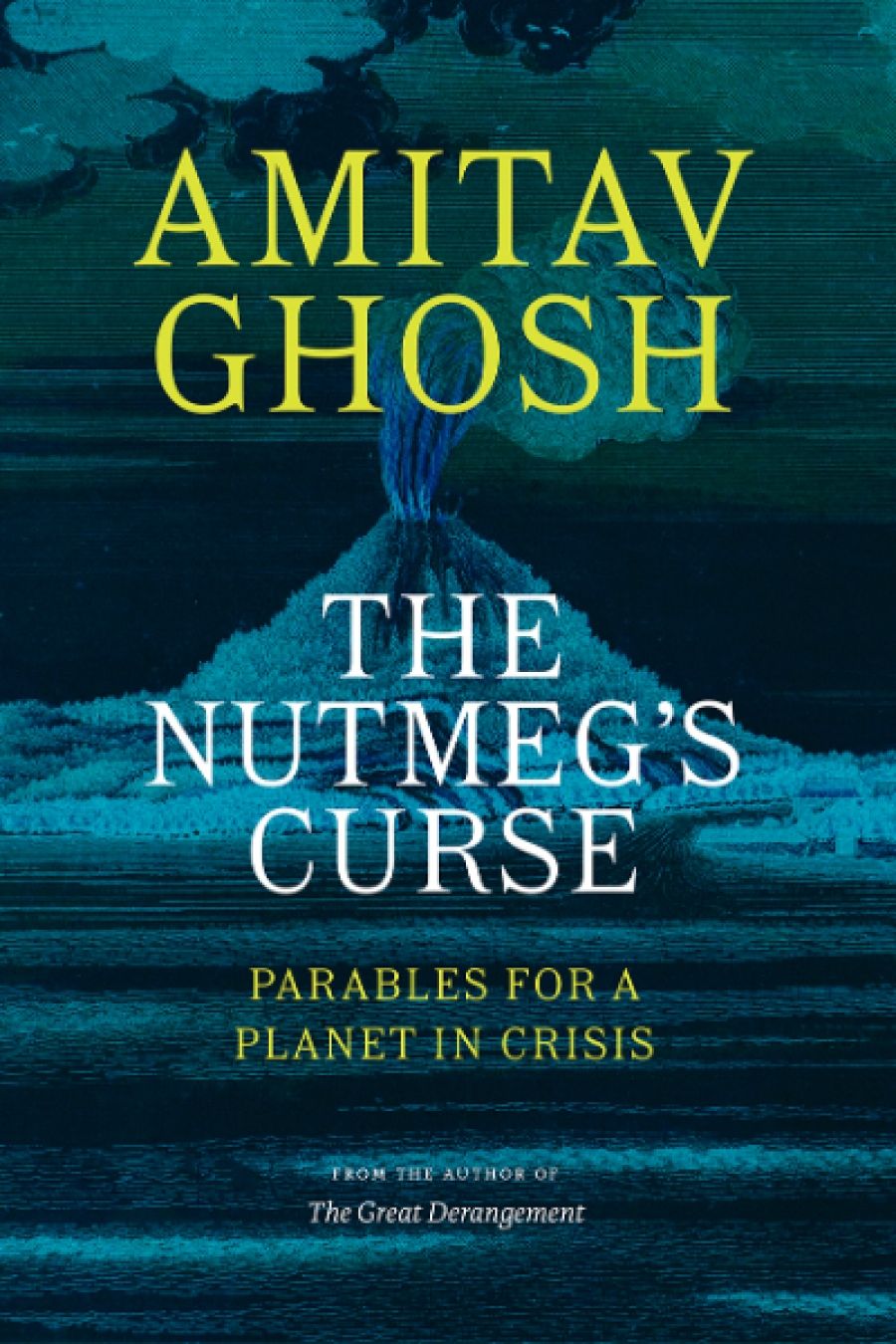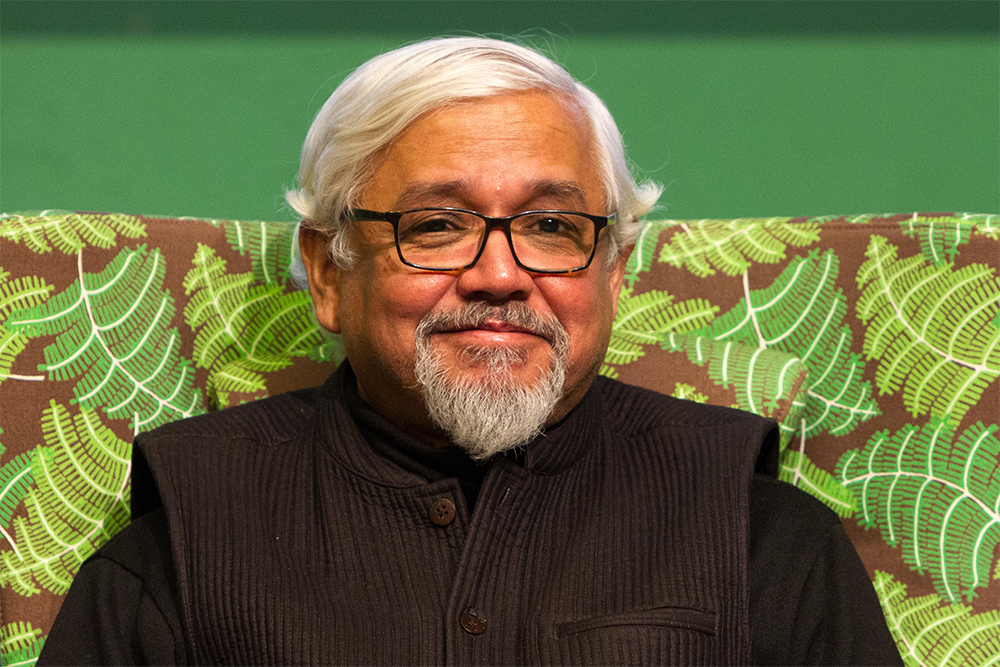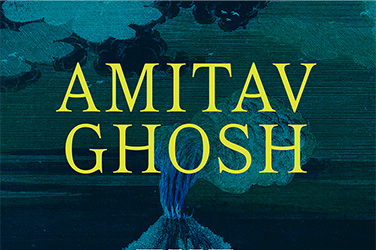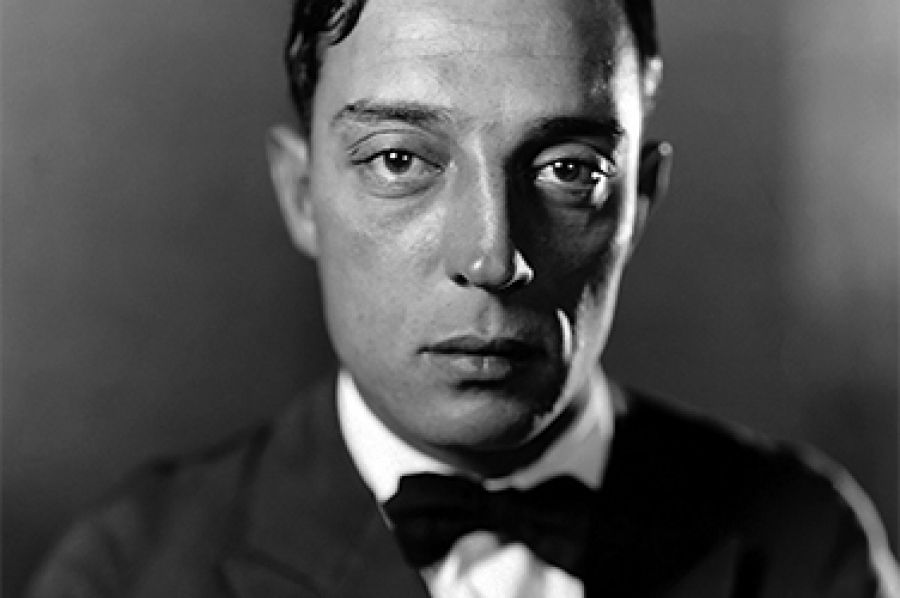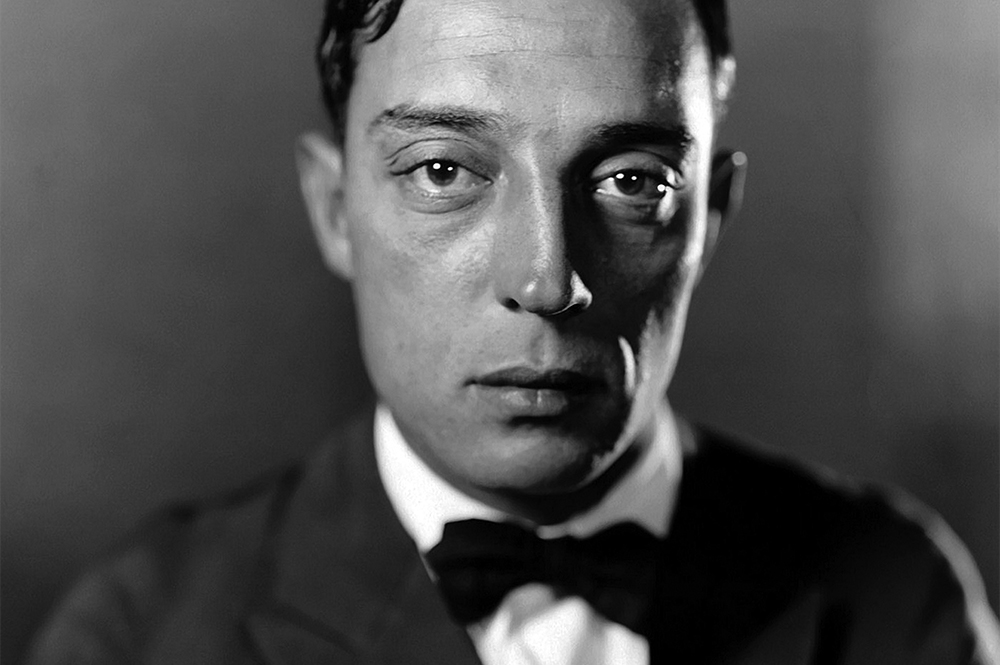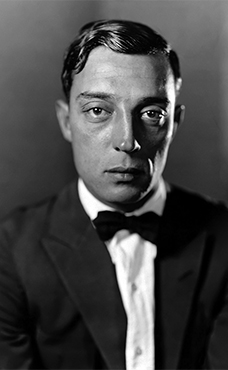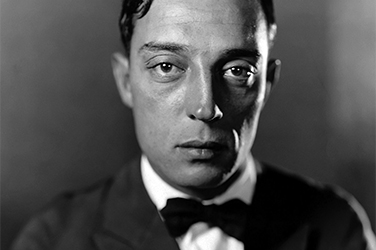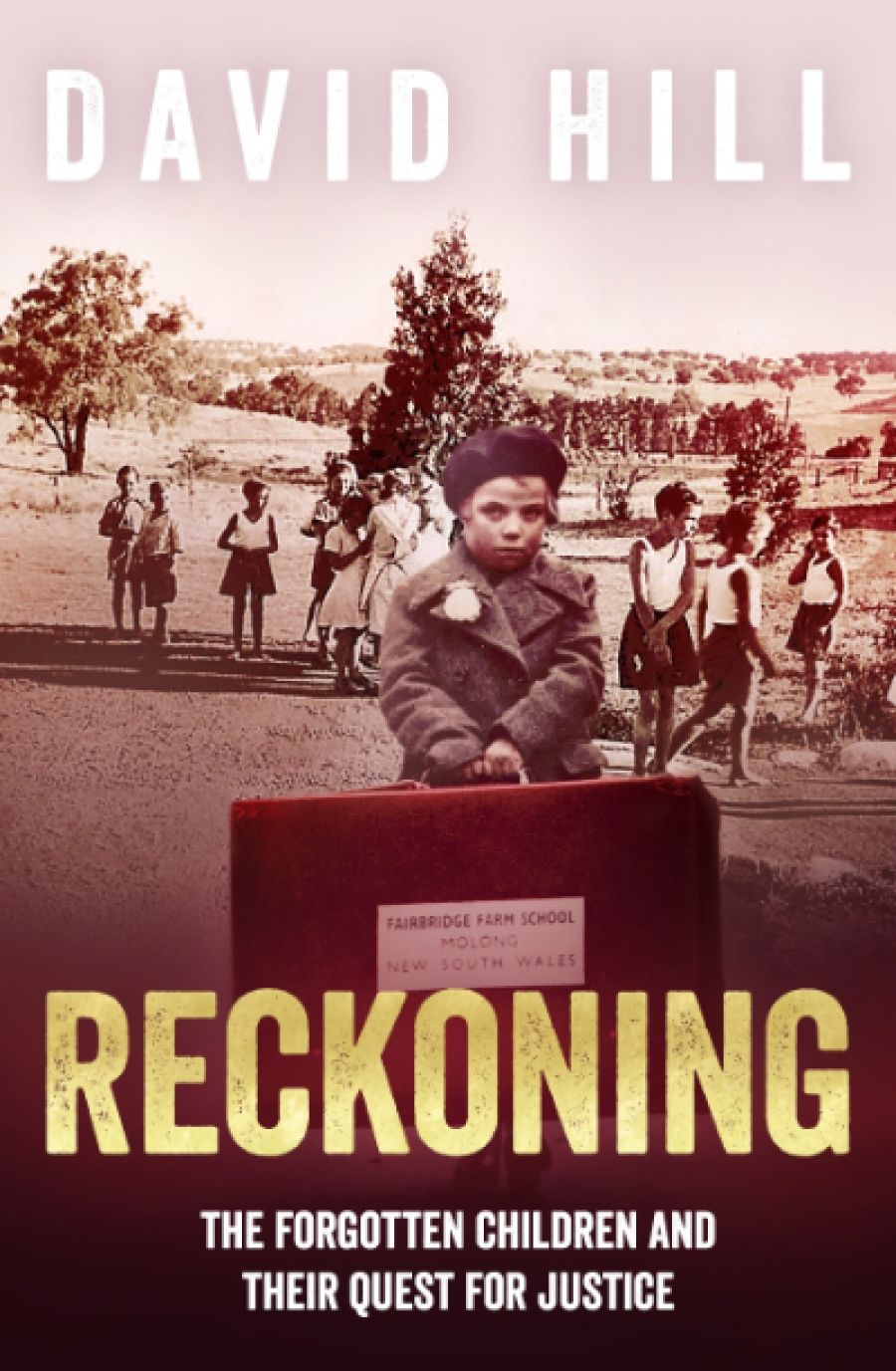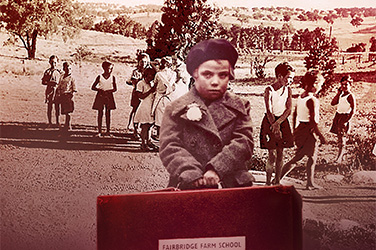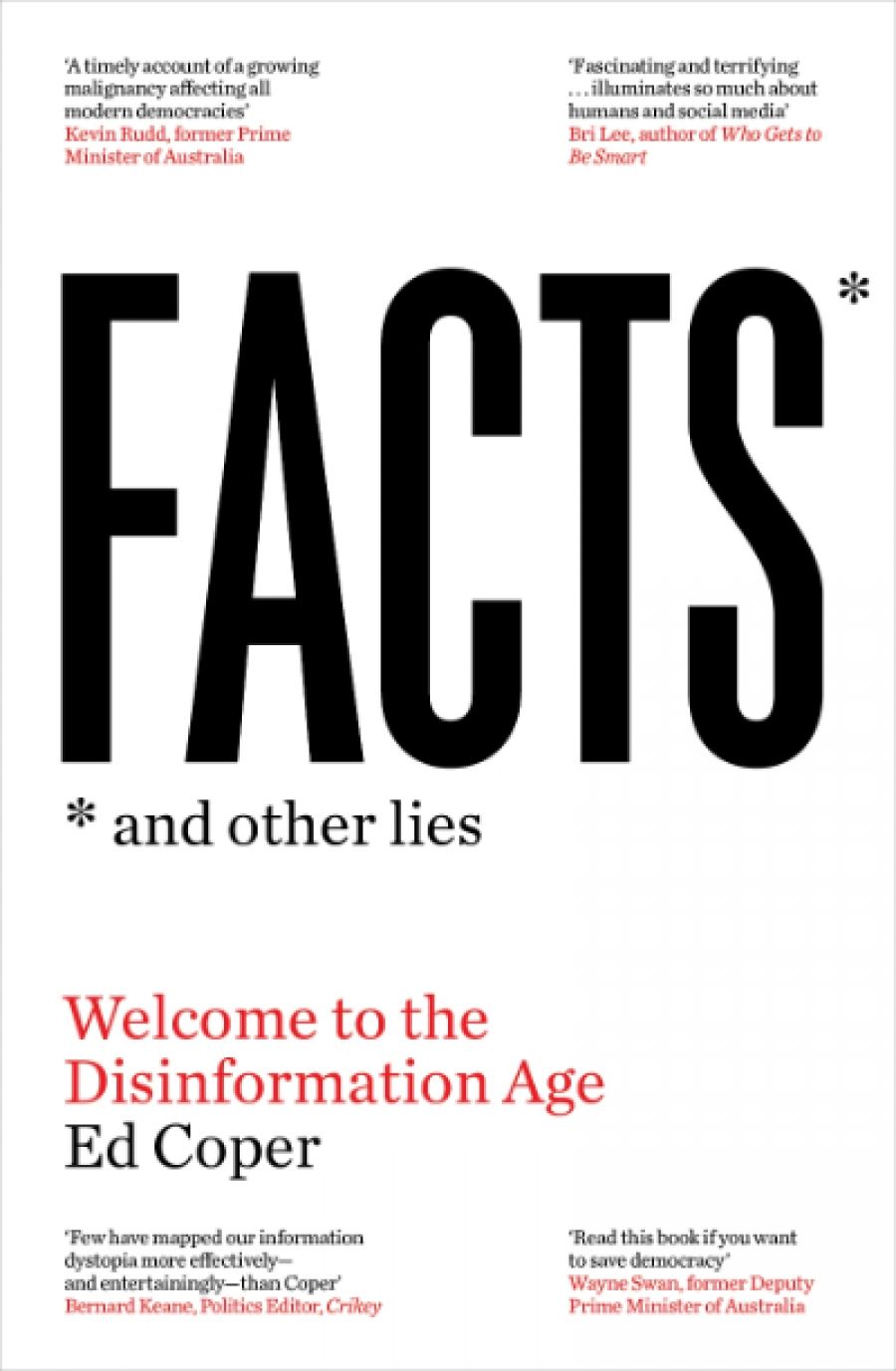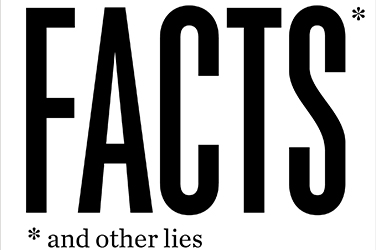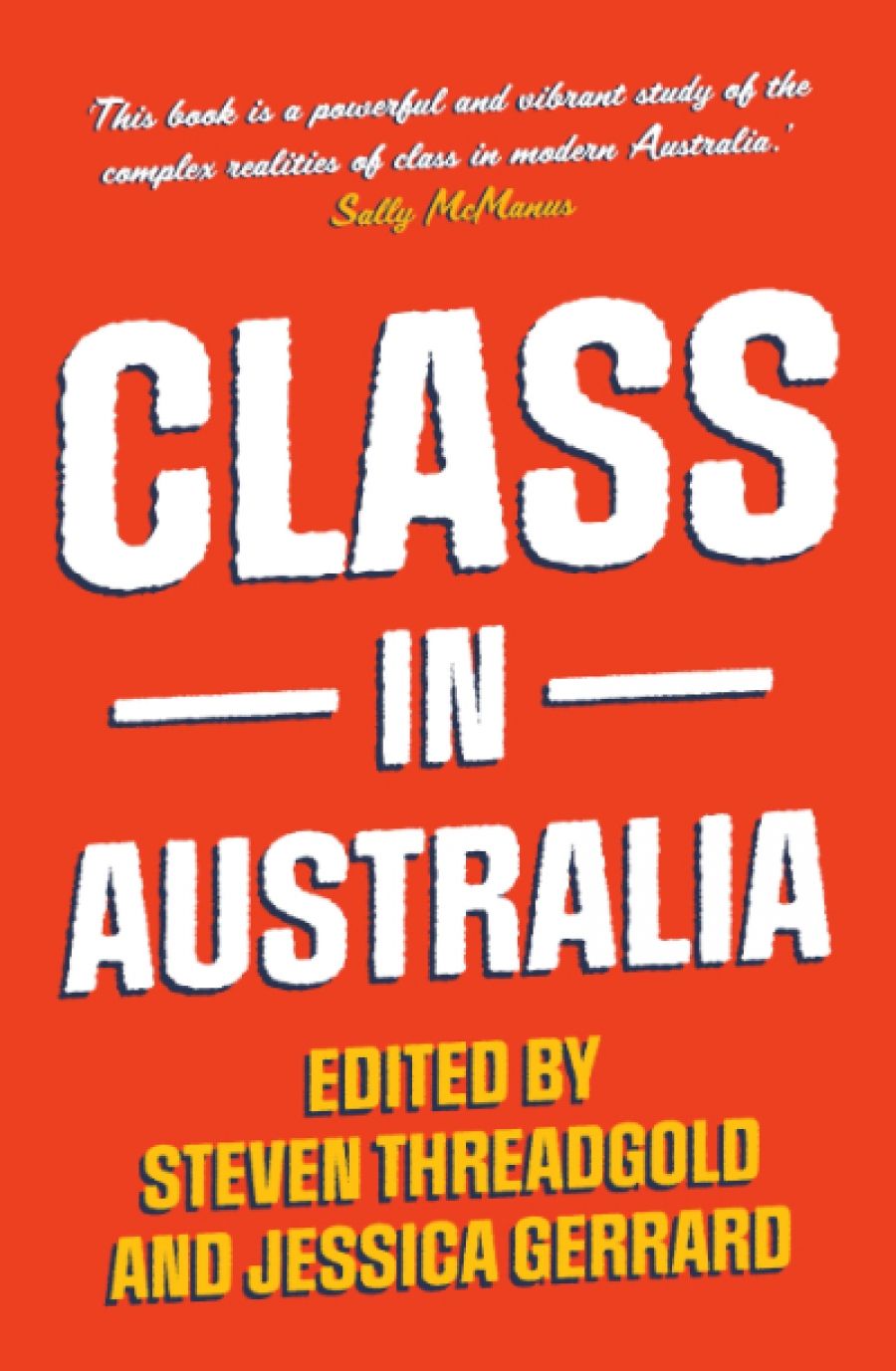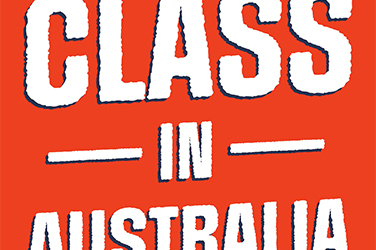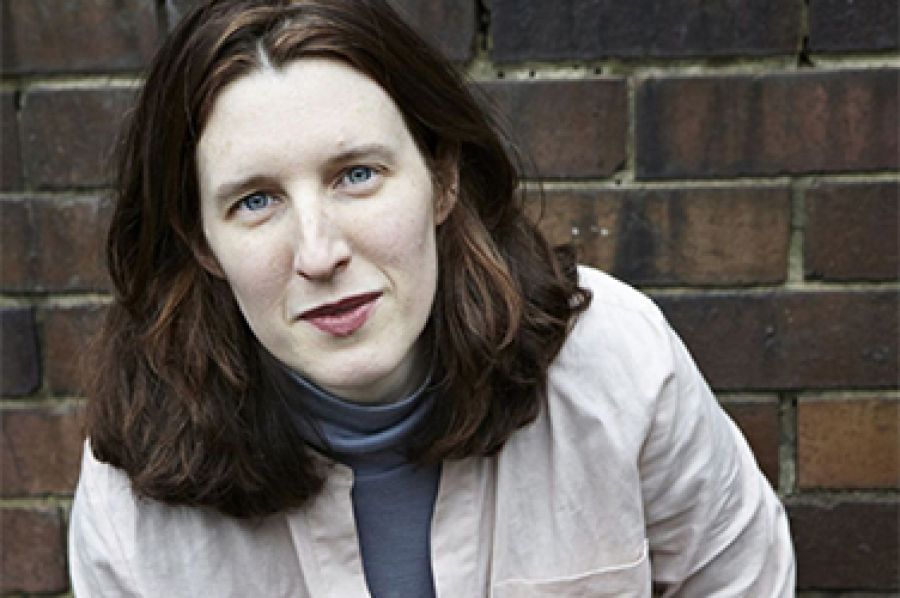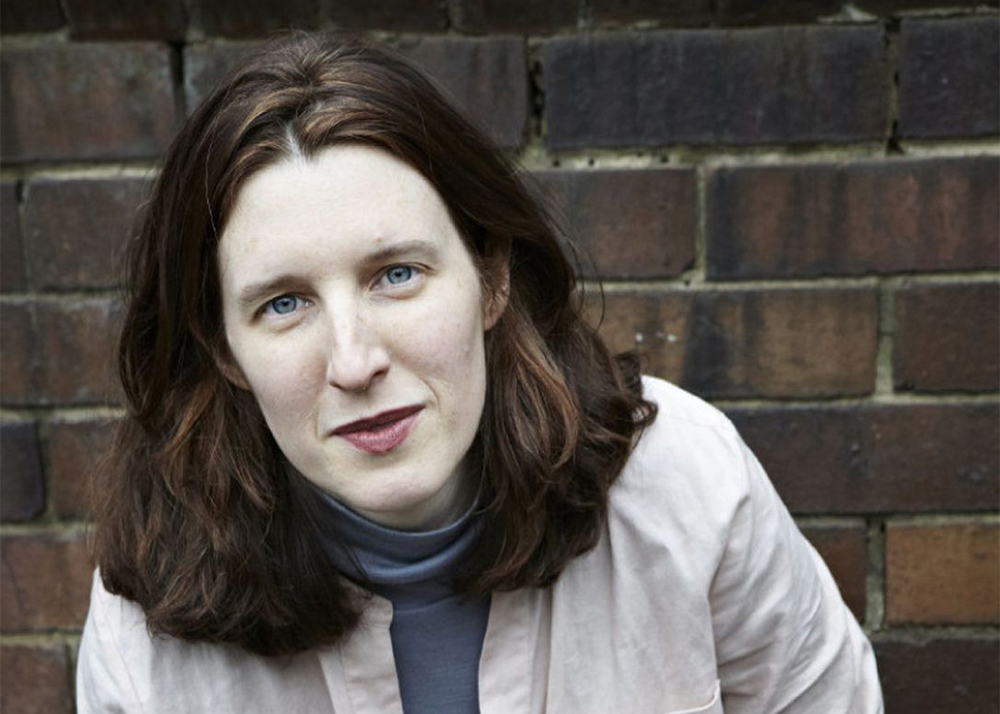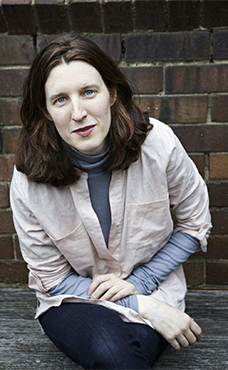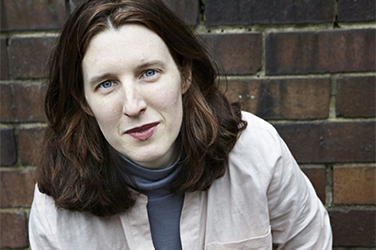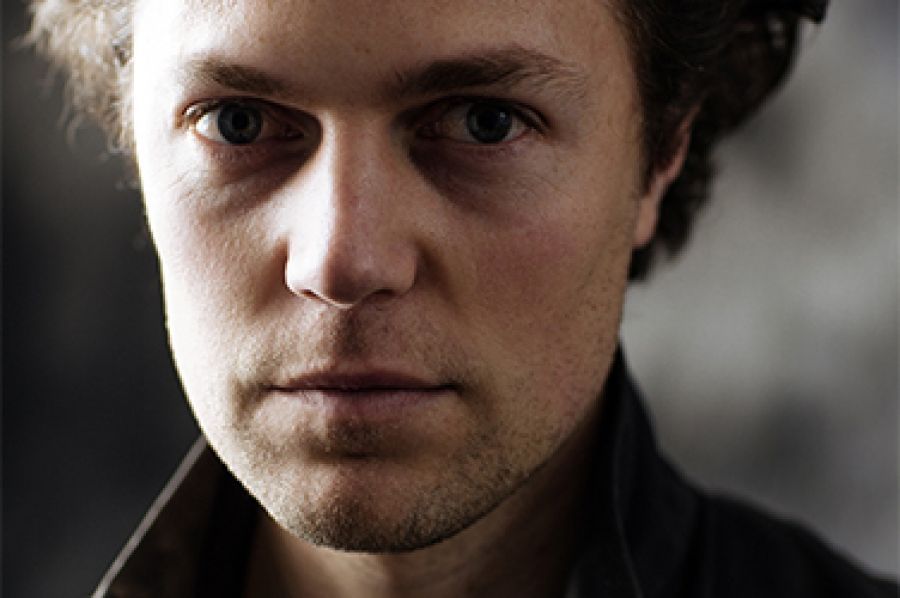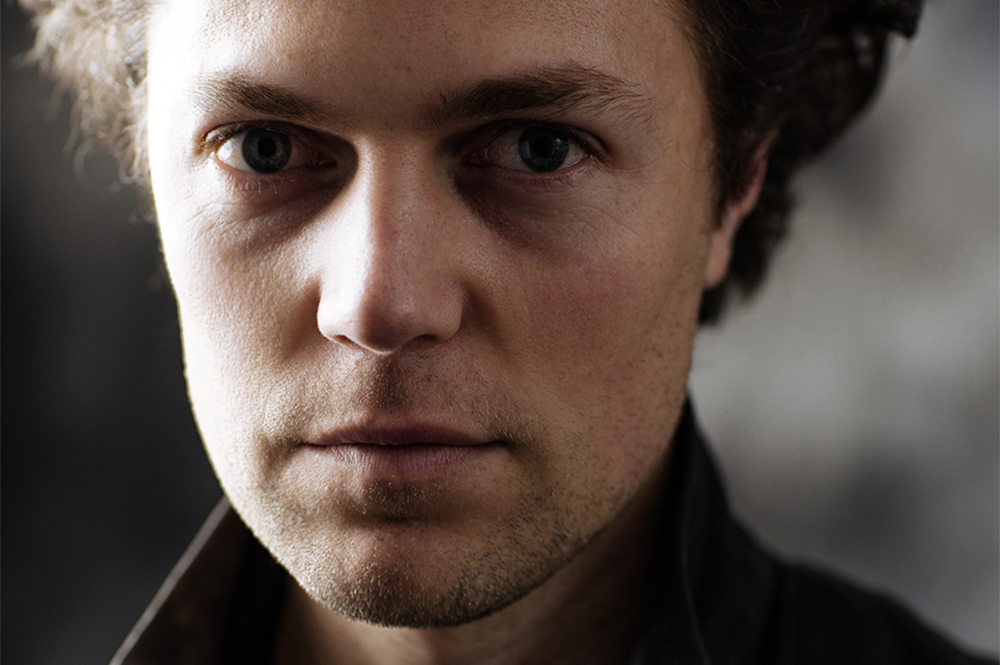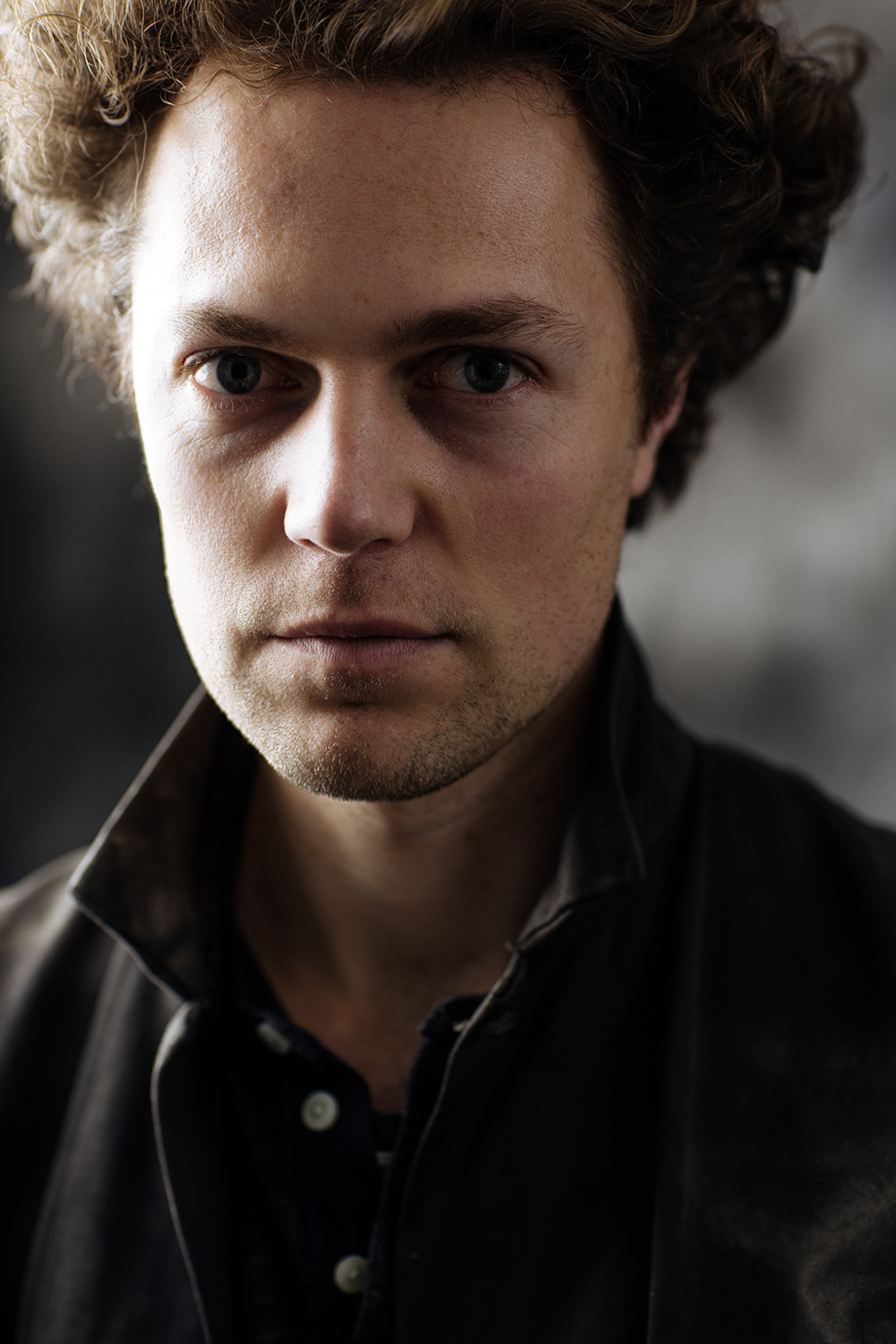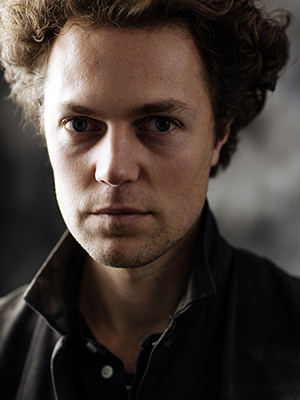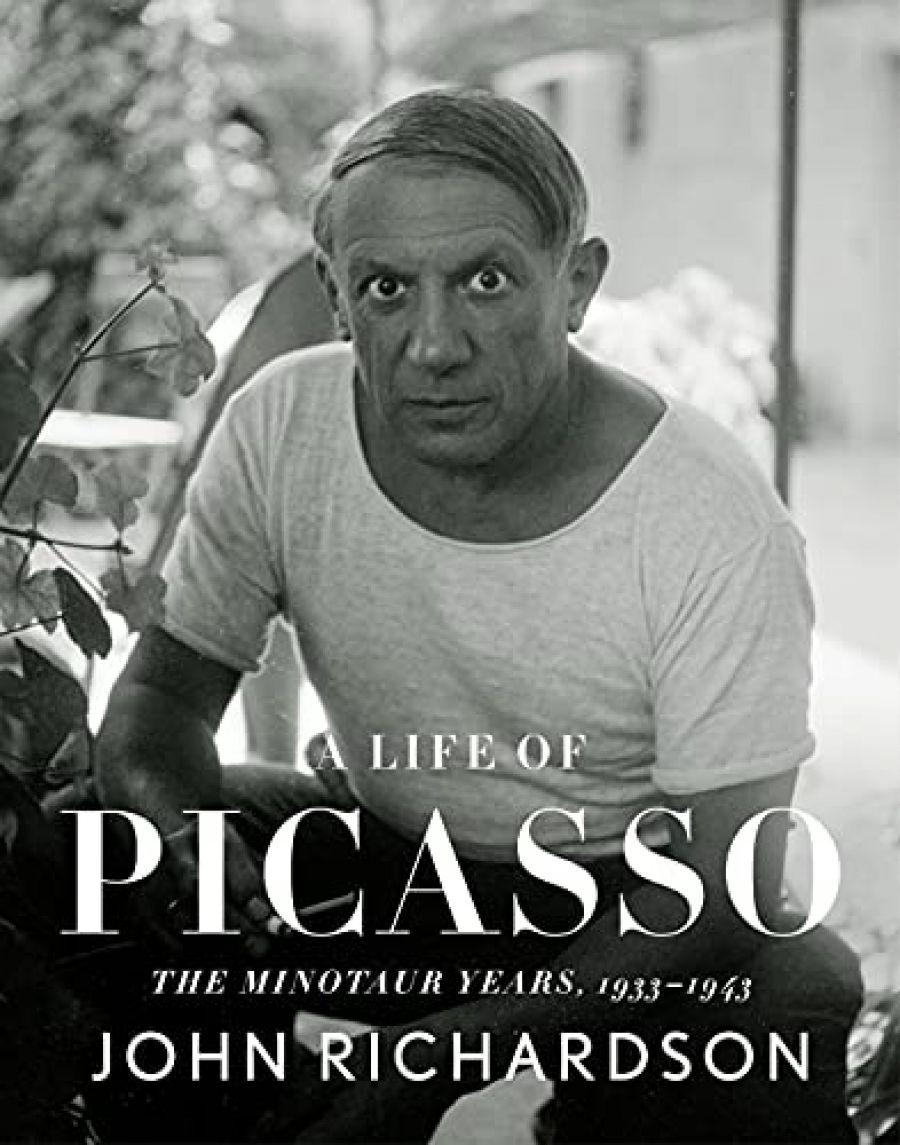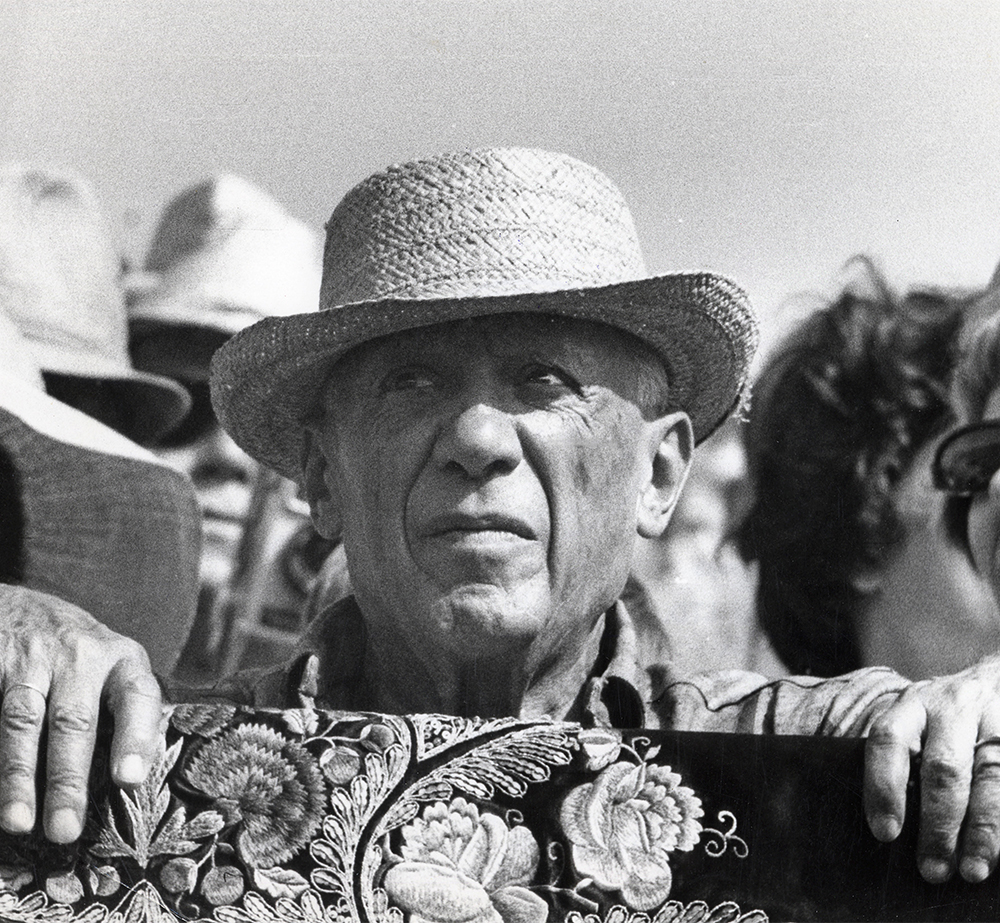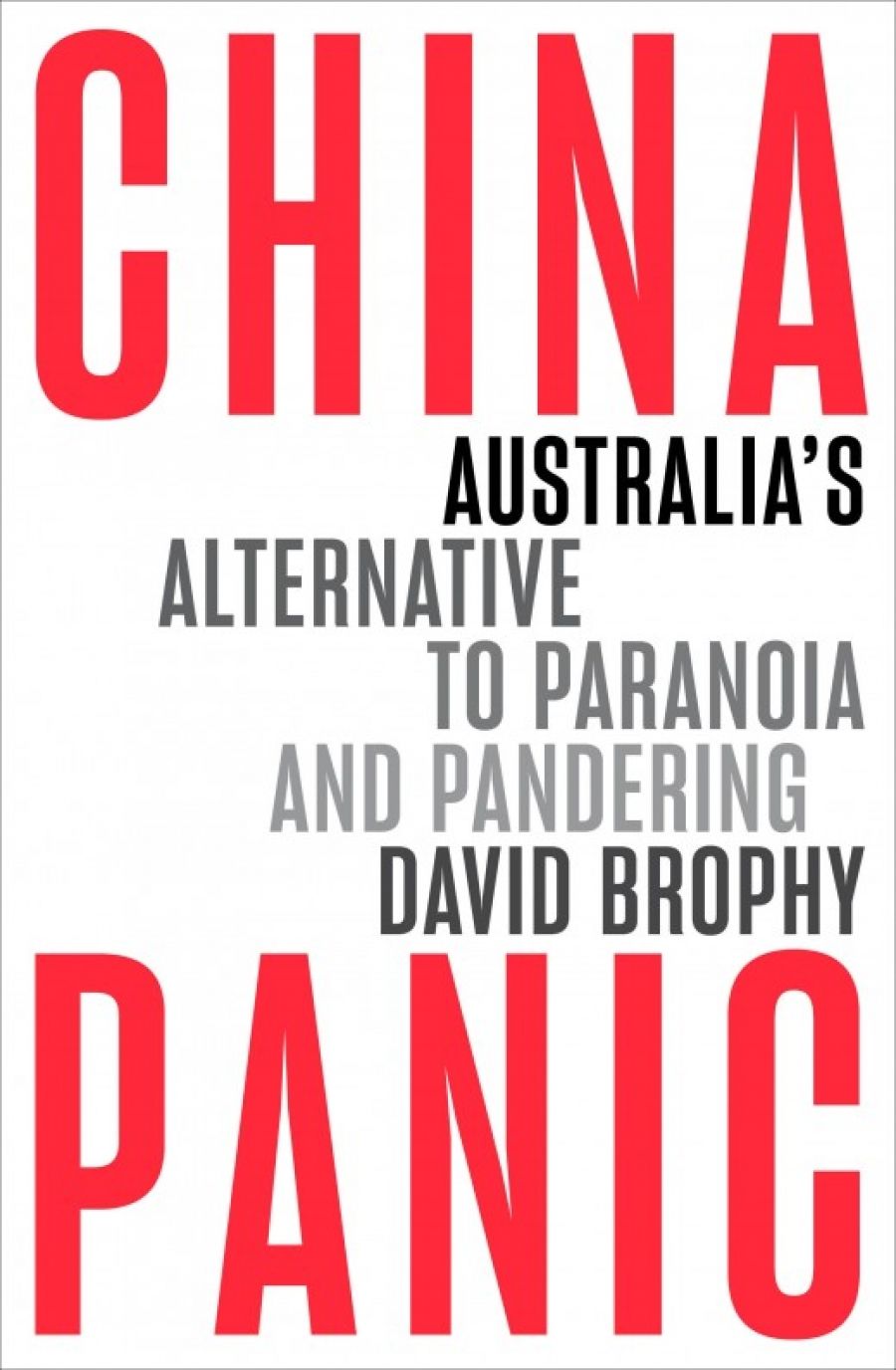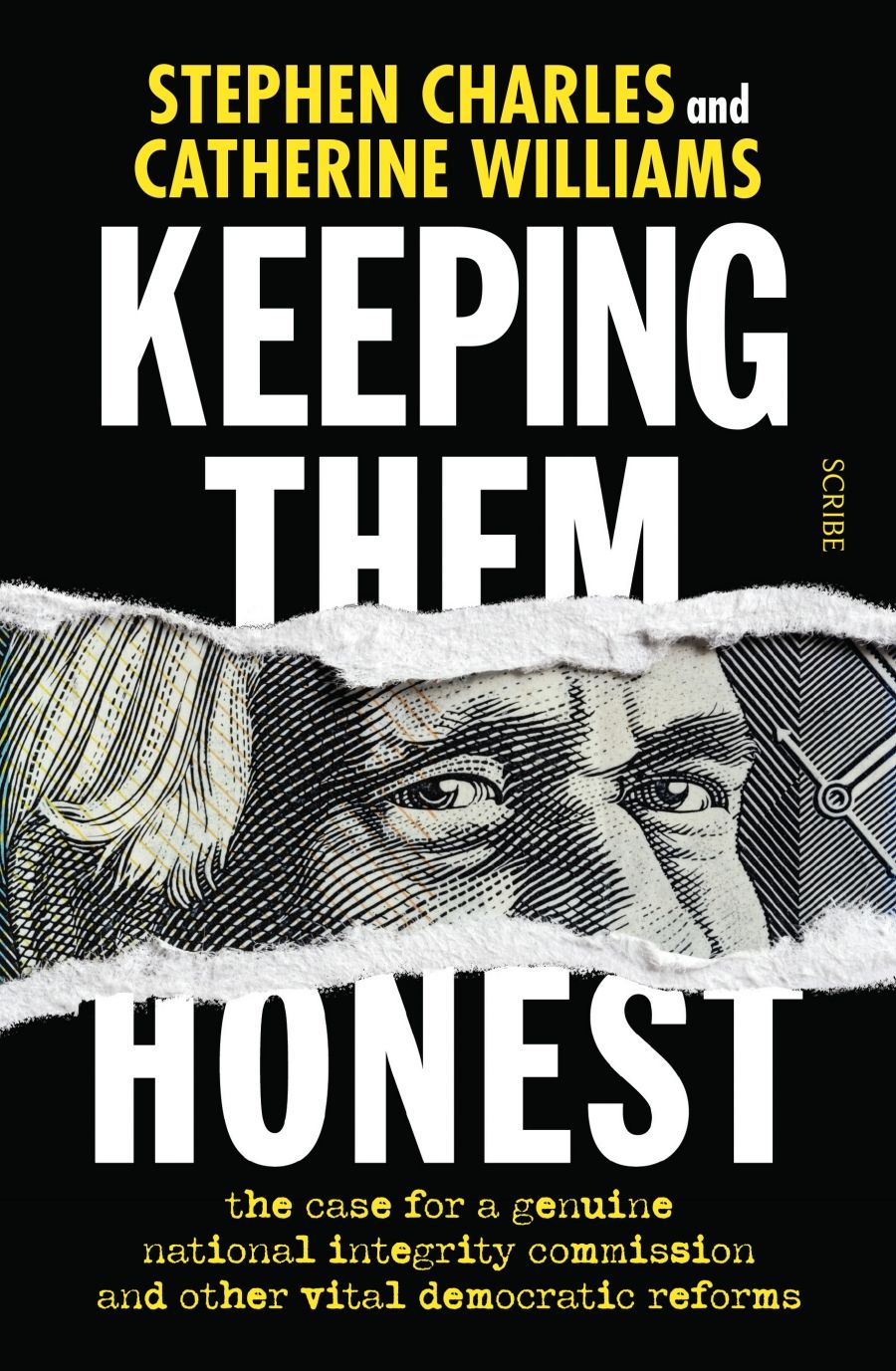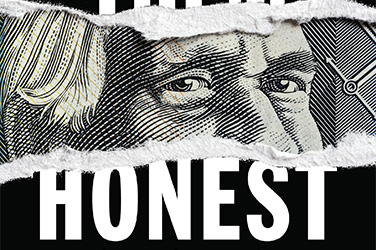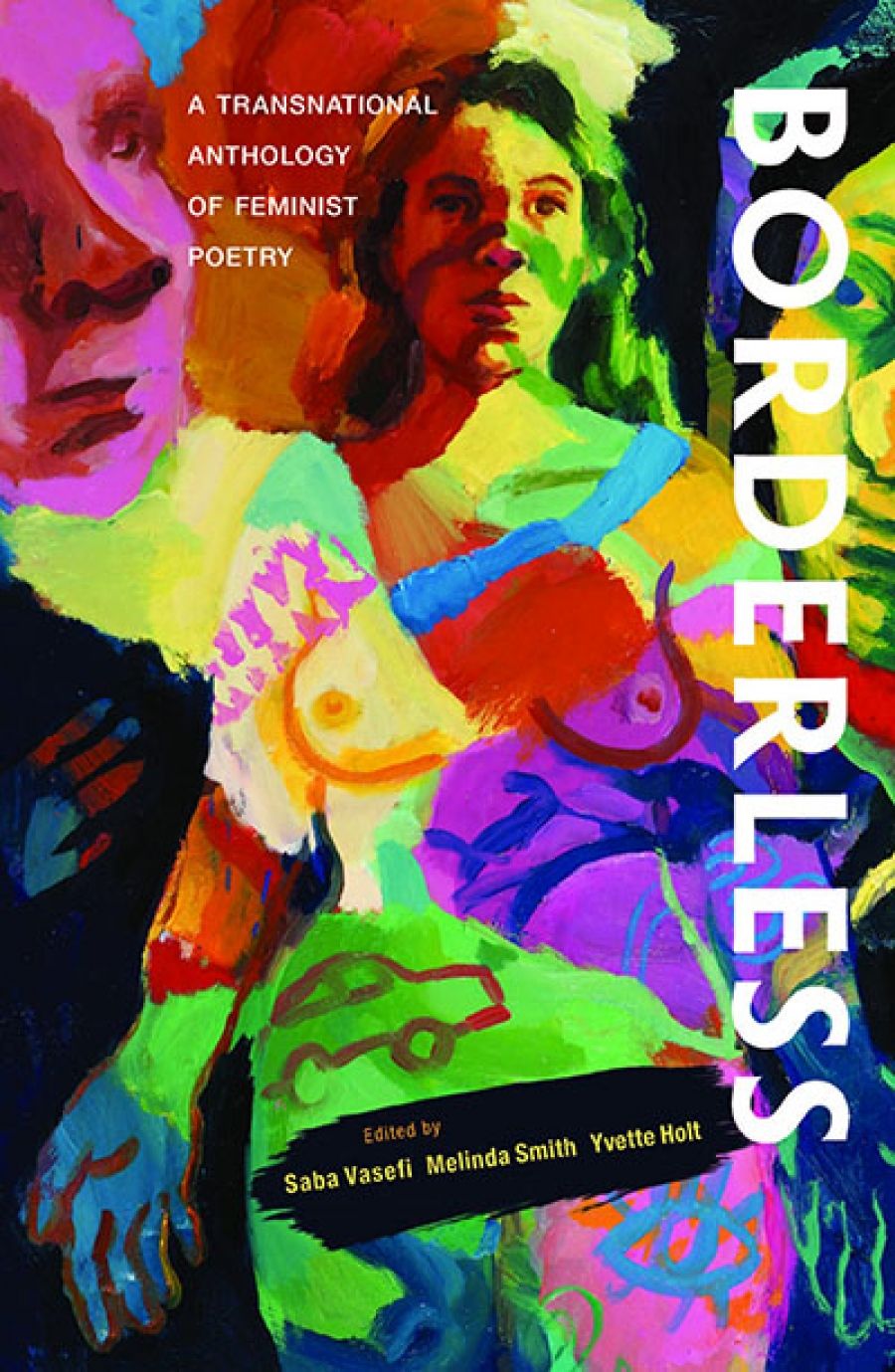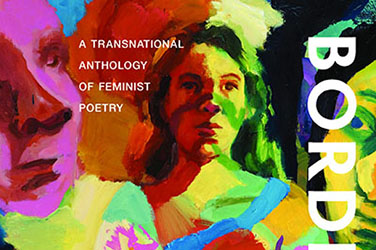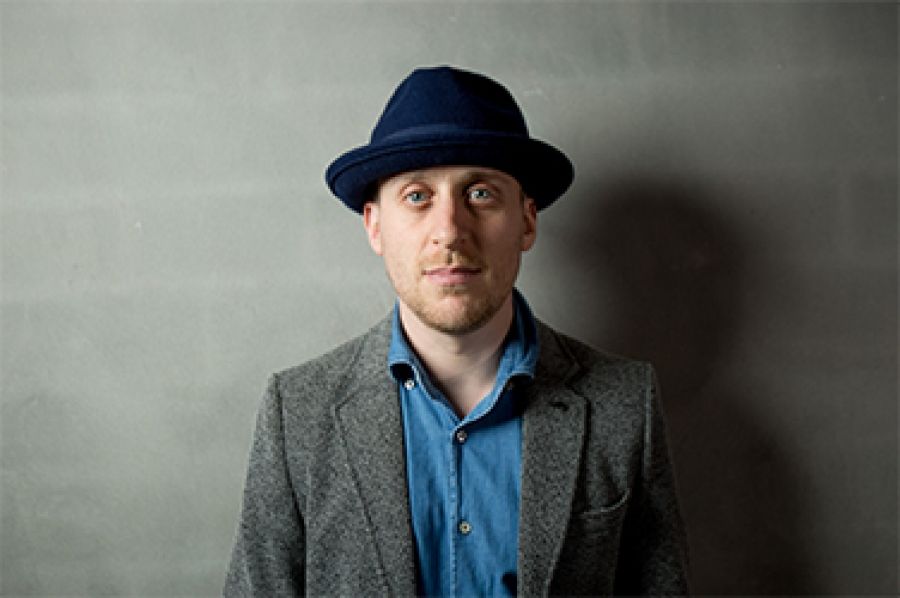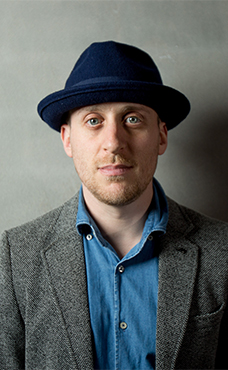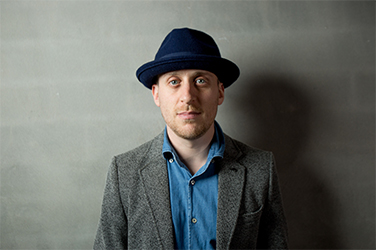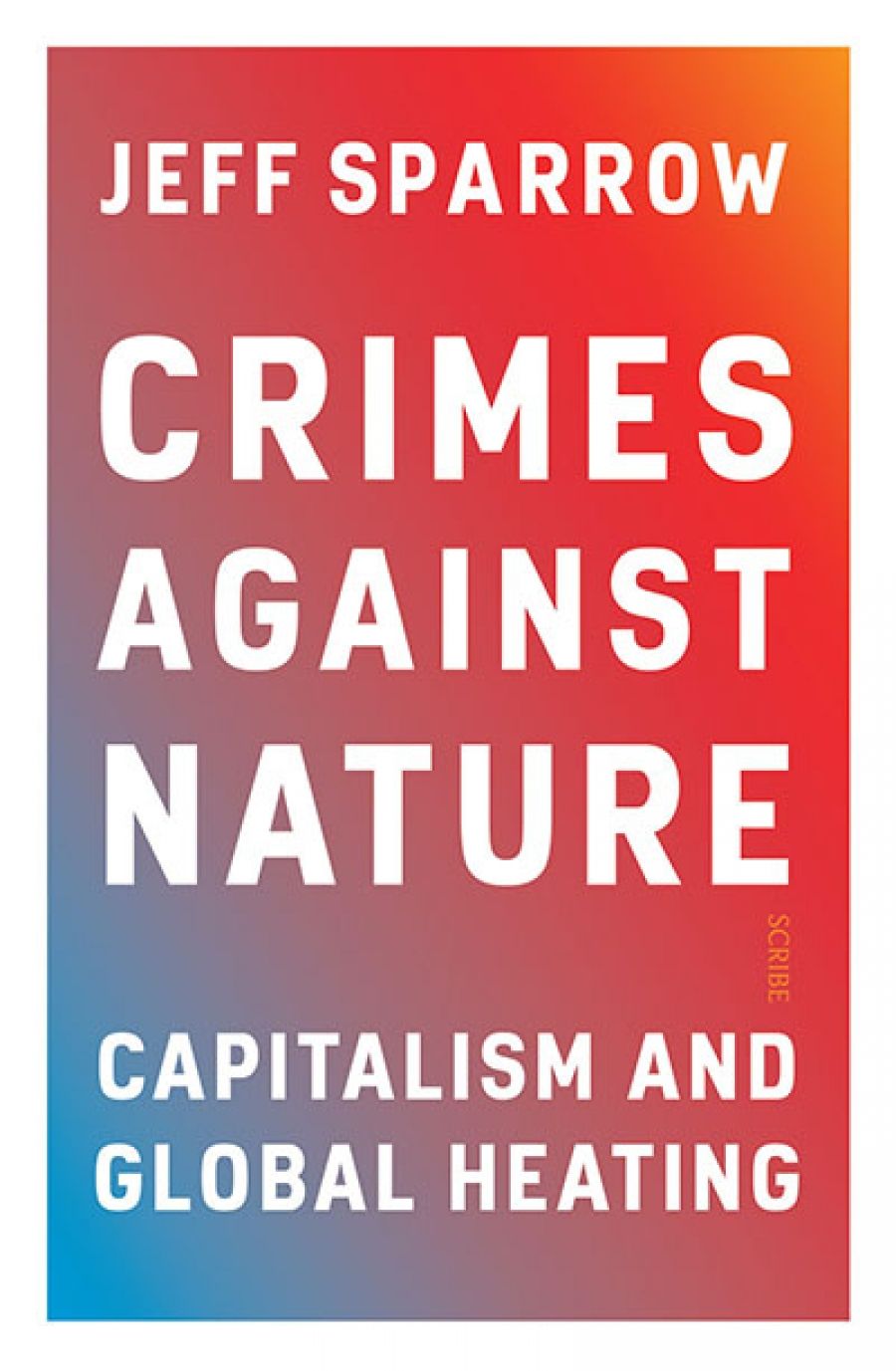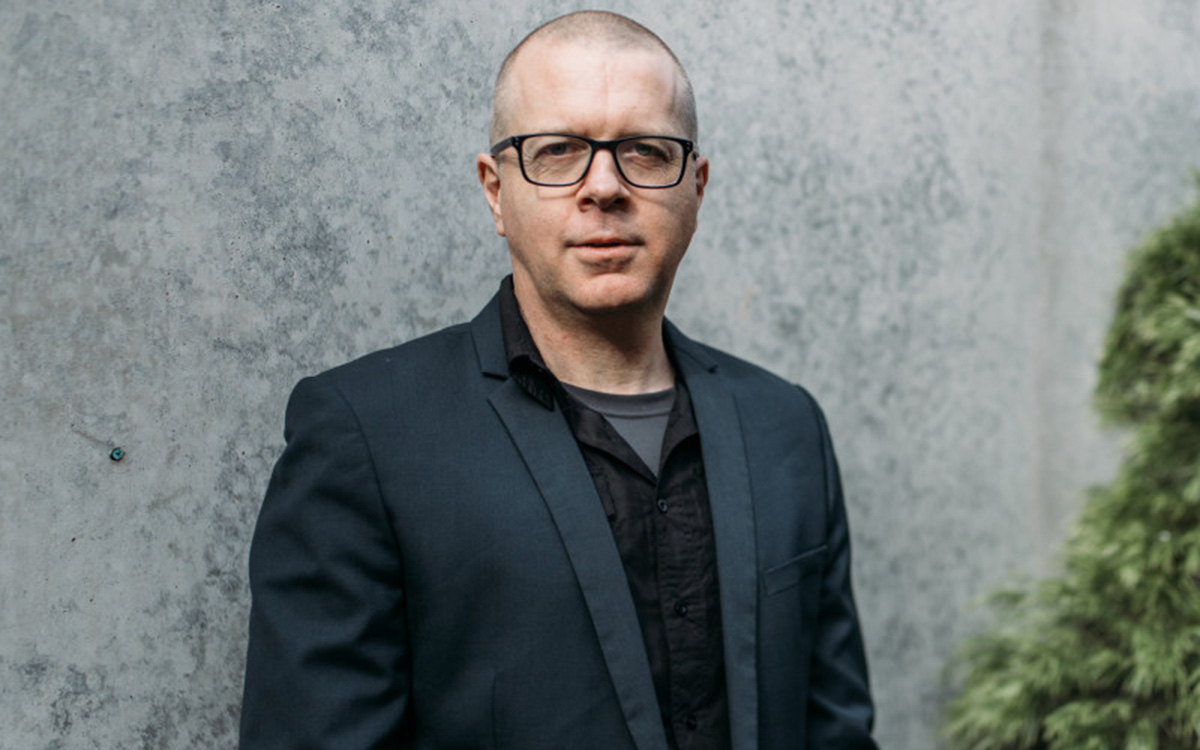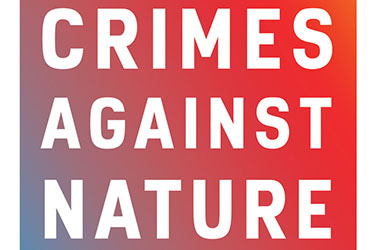Earlier this year, Ray Hadley was interviewing Scott Morrison on 2GB when the subject turned to the internal preselection battles of the Liberal Party in New South Wales. ‘And so it’s time for those who, you know, don’t do this for a living, to really allow those who really need to get on for the sake of the Australian people here,’ Morrison declared, none too coherently.
It is impossible to imagine Robert Menzies, the leading figure in the founding of a party that was designed to be democratic and participatory, even thinking such a thing, let alone saying it out loud. Veteran journalist Michelle Grattan, who reported Morrison’s remark, suggests that it revealed ‘Morrison’s penchant for control’. That’s true, but also inadequate. What is at stake here is the quality of politics in a representative democracy.
Morrison’s attitude is one shared by a large section of the political class. He is unusual only in openly expressing convictions that are normally just enacted, often furtively, rather than blurted out in public. But he was doing so in an environment – talkback radio – where he could be sure that few listeners lay awake at night worrying that their prime minister regarded politics as the preserve of professionals.
Morrison’s pitch has long been based on this attenuated, self-serving understanding of democracy. The basic idea was there in an article he produced for the Murdoch press in January 2019 a few months before his victory at the May election. Morrison was supposedly reporting on what he had heard from the ‘quieter Australians’ – later the completely ‘quiet Australians’ – on a visit to the New South Wales south coast. He ‘wasn’t there on any political visit’, he claimed, ‘just holidaying with Jen and the girls enjoying the flathead and chips like everyone else’. ‘There was no sign of the angry mob on social and in other media, shouting at each other and telling us all what we’re supposed to do, think and say … It was a great reminder that there are quite a lot of us who actually think Australia is a pretty great place and we don’t really have too much time to be angry. We’re too busy dealing with our own challenges and getting on with life.’
This has long been Morrison’s ideal citizen. They don’t do politics, beyond turning out to vote every three years or so – for him, if he can help it. In a populist sleight of hand, the leader steeped in political battle shares ordinary people’s disdain of disagreement and conflict. ‘I get it that people are tired of politics,’ Morrison said, in announcing the federal election for 21 May, as if he also felt the ordinary punter’s overwhelming weariness with it all. Having spent almost every moment of his waking life for years in political scheming of one kind or another, Morrison normalises an antipathy to politics on the part of ordinary people, celebrates their disengagement except on election day, and impugns active citizenship by anyone who does not practise politics for a living.
The elevation of the political professional over the mere citizen is not the preserve of any political party. Paul Keating had similar things to say when the Labor Party came under fire for selecting former New South Wales premier and present federal senator, Kristina Keneally, for the safe Labor seat of Fowler in culturally diverse western Sydney. A local Asian-Australian lawyer, Tu Le, was also in view as a possible candidate. Describing Keneally as ‘a huge executive talent’, Keating argued: ‘Local candidates may be genuine and well-meaning but they would take years to scramble to her level of executive ability – if they can ever get there at all.’
It was perhaps fortunate for Keating that such criteria were not in play when he set out in the 1960s. Today, it is unlikely that a man in his mid-twenties who had left school at the age of fifteen, had no professional qualifications, and whose executive experience amounted to the management of a Sydney rock band, could possibly gain endorsement for a safe Labor seat. But as the British political scientist Peter Allen has argued in his book The Political Class: Why it matters who our politicians are (2018), decision-making élites defend their obvious lack of diversity – worse in Australia than in Britain, at least in ethnic terms – on the grounds of their ‘superiority as political operatives and their possession of superior political knowledge’. ‘This defence,’ Allen suggests, ‘casts politics as an exclusive activity, one that should be dominated by a certain kind of person – a person with a long-standing and sustained engagement with formal political organisations or institutions and with a high level of demonstrable political knowledge.’ For Allen, there is no mystery about why we do not get diversity. In an unequal society, the very traits identified as necessary for politics are found among the most privileged.
In Australia, too, the pathways into politics via parties are narrow, advantaging transactional players over charismatic leaders, and political professionals over everyone else. The budding politician needs to build factional support to break through, and it is an open secret that many of the taxpayer-funded staffers in members’ and ministers’ offices are working as consiglieres of factional bosses. Rodney Cavalier, a former state Labor minister in New South Wales, has been scathing about the effect of this class of paid operatives on the parties and the wider political system. ‘Factional operatives are members of the only class which has survived into this century – the political class,’ he argued in his book Power Crisis: The self-destruction of a state Labor Party (2010), and they ‘fulfil all of the Marxist definitions of class’.
The power of that class is a symptom of a wider problem: Australia’s major political parties are broken, possibly beyond repair. It is ironic that the major parties, and especially the Liberals, have accused independent candidates backed by the organisation Climate 200 of being, in essence, a political party. A more justified accusation might be levelled at the older players: that in important ways they have ceased to be political parties. They have certainly ceased to be mass parties of the democratic kind. The German-born Italian theorist Robert Michels identified the tendency toward the concentration of power in party officials as ‘the iron law of oligarchy’ in his Political Parties (1911). Today, the parties conform to what political scientists call the ‘electoral-professional’ model, machines operated by experts that are designed to facilitate candidate selection. This is a worldwide phenomenon, whereby mass parties of the traditional kind give way to organisations that consist largely of their parliamentary representatives and paid functionaries – a melting iceberg with a small tip and not much below the waterline.
What is more disturbing – and surely related to the evolution of the parties toward this élite formulation – is that they fail to conform to even the basic standards that most Australians would associate with democratic governance. Factional warlords and party officers exercise overwhelming power. The media occasionally expose instances of poor or illegal behaviour, but there is little sustained analysis of internal party affairs. Some Murdoch columnists are de facto participants, especially in the Liberal Party’s factional squabbles, and are therefore incapable of disinterested analysis. Nor do the courts seem inclined to do anything to enforce such norms, a point made all too starkly in recent litigation over a preselection process in the New South Wales division of the Liberal Party that saw rank-and-file members sidelined and selections made by a panel of three: the prime minister, the premier, and a former federal party president.
It is not that the parties have shunned self-reform entirely. There are groups within the major parties advocating more democratic practices. There have also been assorted experiments in reform. The Labor Party and the Nationals have trialled American-inspired primaries, but they sit uneasily in an Australian setting where, unlike in the United States, voters do not publicly register as a supporter of a party. In another democratising measure, the Labor Party instituted rank-and-file participation in leadership selection in 2013, a practice that had prevailed within the British Labour Party for many years. Minor parties such as the now defunct Australian Democrats and the Greens have also adopted a wider participatory democracy, in matters such as policy formulation and leadership elections, than has been customary in the older and larger parties. But again, practice in Australia has been untidy. With three-year federal parliamentary terms rather than Britain’s five, there are potentially serious transactional costs to popular leadership elections and therefore strong incentives for the factions to stitch up a deal and avoid a contest. As it happens, we have had just one since the system was instituted, that in which Bill Shorten defeated Anthony Albanese in 2013. The rank and file had supported Albanese, while the parliamentary party – with half the voting power – favoured Shorten.
None of these measures has done much to disperse power within the parties. Where reforms have been tried in the name of greater democracy, as in the New South Wales Liberals, they can be overridden when they cause inconvenience. Both party machines routinely impose candidates on local branches. Oligarchies do not lightly surrender power, and those who run Australia’s political parties, with their declining and largely powerless rank and file, are no more likely than any other to hand over the keys to the kingdom.
A recent review of the Western Australian Liberal Party, which managed to win just two seats at the 2021 election in possibly the most devastating landslide in Australian political history, put the problem starkly, explaining: ‘factions don’t want a large membership because it’s too difficult to exercise control. It’s much easier to manipulate small numbers into positions of authority so as to control pre-selections.’
The major parties, then, are in decay if considered as membership organisations and instruments of democracy. But we also need to retain perspective. The election of an independent or a minor party member is still the exception rather than the rule – for lower-house elections especially. Voter allegiance to the major parties has declined and, with it, the idea of a lifelong partisan. Yet, at recent federal elections the main parties still attracted about three in four primary votes for the House of Representatives – lower than at any time since 1910 but ensuring that elections remain a contest for government between two sides. In that sense, the two-party system remains intact.
This is one reason why the democratic health of the major political parties should concern us all. If the local bowling club descends into oligarchy and disorder, that will matter to members of that club but few others. If voluntary organisations more generally are struggling – and they do have their problems – we might begin to worry about the health of civil society. But if a major political party is in poor health, we have a serious difficulty. Most citizens do not much engage with the parties’ internal affairs, and they may well see them in much the same terms as the problems of a bowling club to which they do not belong. But parties remain dominant in mediating the relationship between the citizen and parliament, and therefore government. If the parties are notably oligarchic and dysfunctional, it is a problem of democratic governance for the whole society.
Are there remedies, beyond the noble but unrewarding and possibly hopeless task of joining a party and reversing the momentum toward oligarchy? One way that major political parties are failing is in their capacity to generate the kinds of political representation and public leadership that an increasingly educated, sophisticated, and diverse society demands.
They are not, of course, complete failures. The parties, inevitably, still attract talent. They still send into parliament people with an interesting backstory. Only more rarely, however, do they attract someone who is entering politics having already achieved distinction in wider society: such as a Bob Hawke, a Malcolm Turnbull, a Peter Garrett, or a Maxine McKew. Simon Holmes à Court, the founder of Climate 200, which is supporting several independent candidates at the federal election, played up this point in an address to Canberra’s National Press Club in February 2022. ‘These candidates don’t need to go into politics to be successful because they are already successful,’ he said. ‘They are business owners, doctors, lawyers, journalists and athletes. They are in it for the right reasons.’
Put in these terms, the independent challenge might not seem a great blow for diversity. While success would boost female parliamentary representation, these are white, middle-class professionals who bear more than a passing resemblance to those found in the major parties. Indeed, a few of the candidates have a Liberal pedigree, in a couple of cases stretching back over generations. Allegra Spender, in Wentworth, is the daughter and granddaughter, and Kate Chaney in Curtin the granddaughter and niece, of prominent Liberal parliamentarians. In many instances, these independents would once have found a home in the Liberal Party. They are quintessentially of what Judith Brett has called ‘the moral middle class’.
Still, the independents, and especially those generated by the ‘Voices Of’ movement that began with Cathy McGowan in the Victorian regional seat of Indi (2013–19), are offering a form of public leadership that, with some exceptions, has not flourished recently in the major parties. It is notable that their favourite causes – climate change, political integrity, gender equity – are among those that the major parties have managed most poorly. These are issues where there has often been a radical mismatch between public opinion and party action. Just as with the issues of marriage equality and fairer treatment of refugees, the parties have failed to lead, instead following in the wake of a public opinion formed independently of their own efforts and often at odds with party policy.
The independent phenomenon might also be seen in a wider context: the emergence of new forms of public leadership. One interesting, and perhaps surprising, vehicle has been the Australian of the Year Award. In recent years especially, it has become a means by which issues marginalised in everyday political discourse, and people of talent remote from the parties, are exercising political leadership. This was not the award’s role in the more distant past. As Sam Furphy has shown in his history of the award, it functioned initially in a low-key manner as a way of recognising achievement by the already prominent. The first winner in 1960 was medical scientist and Nobel Prize winner Macfarlane Burnet, the second opera singer Joan Sutherland. It has been more obviously ‘political’ at some points in its history than others – the period of Phillip Adams’s chairmanship of the National Australia Day Council in the Keating era saw a movement away from sporting figures and celebrities and towards selections expressing a progressive national identity, especially through the arts and environment.
But with figures such as Rosie Batty (2015) on family violence, Grace Tame (2021) on sexual abuse, and the current Australian of the Year, paralympic champion and tennis star Dylan Alcott on disability, the National Australia Day Council is effectively forging a new kind of cause-based public leadership. It is spotting talent, identifying causes that matter, and providing a platform for public influence – in other words, it is arguably performing some of the kinds of work that one might expect of a well-functioning political party. Tame’s often controversial tenure as Australian of the Year was a reminder, from a woman still in her mid-twenties, of the kinds of creative public leadership that the mainstream political system is unable generate in its present state, and will be unable to produce for as long as we envisage a politician as a certain kind of professional amenable to the discipline of political parties. But our public culture has been enriched by the willingness of the National Australia Day Council to embrace risk and foster new forms of leadership.
In democracies, we are told that the people are boss. In reality, most of us are left as bystanders, or, as David Graeber and David Wengrow put it in The Dawn of Everything: A new history of humanity (2021), as mere spectators at ‘a game of winners and losers played out among larger-than-life individuals’. We are expected to be content with a place at the back of the grandstand, with little hope of our voices carrying to other spectators or those heroic figures competing on the arena. Some of us, of course, are even further towards the back of the stand than others.
In the last third of the nineteenth century, Australia’s democracy was among the first in the world to create a class of professional politicians, elected representatives able to make their living from politics because they were paid for their work. Professionalisation had its benefits, allowing men (and eventually a few women) of modest means to stand for election, even as it generated complaints about politicians as parasites on the public purse who were only in it for the cash and perks. But parliamentary pay was a precondition for the entry of working people into politics through the Labor Party.
Today, our democracy suffers from the systematic marginalisation of those who do not aspire, and cannot realistically aspire, to the profession of politics. But serious social and political change needs dreamers, visionaries, and thinkers – and perhaps even the occasional prophet and ratbag. No single election will solve the problem of a politics whose capacity to grapple with the most pressing problems of our nation and world often seems exhausted. That can only come out of an enlarged sense of the meaning of political leadership and the possibilities of our democracy.
This commentary is generously supported by the Judith Neilson Institute for Journalism and Ideas.
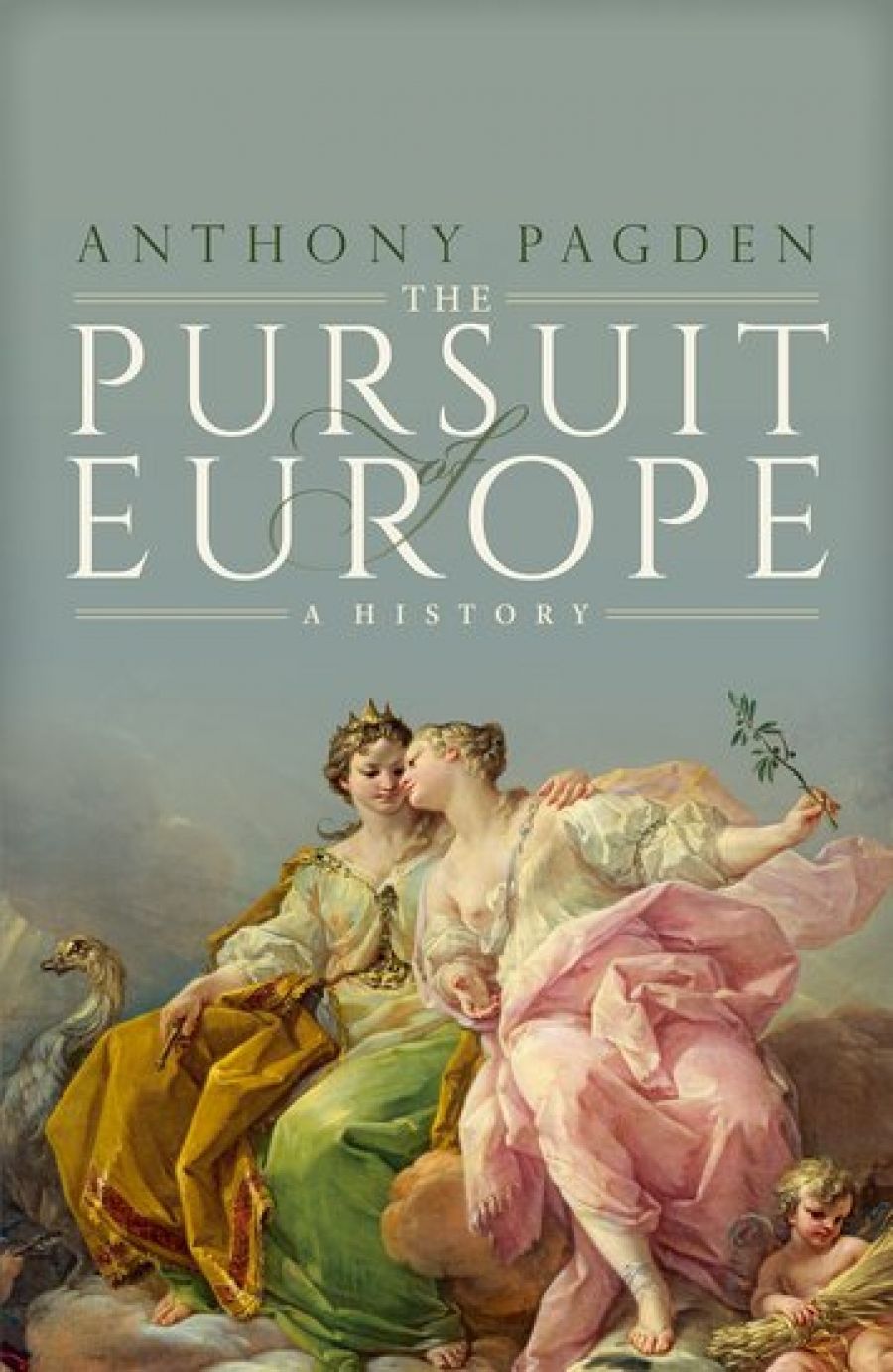



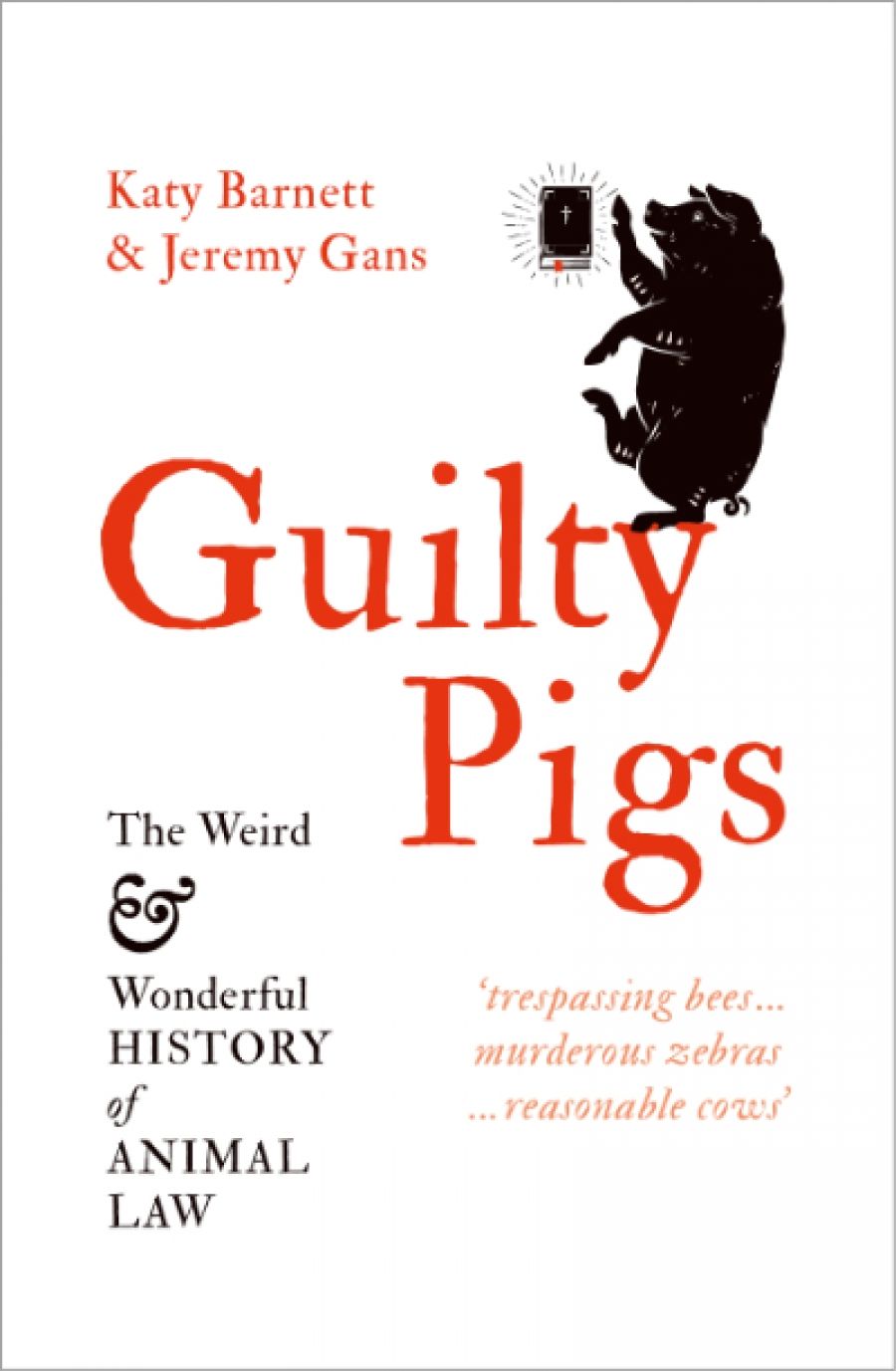

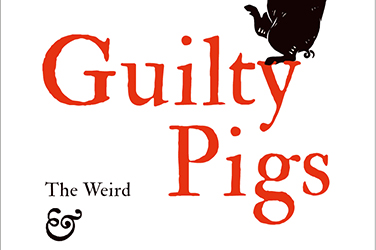
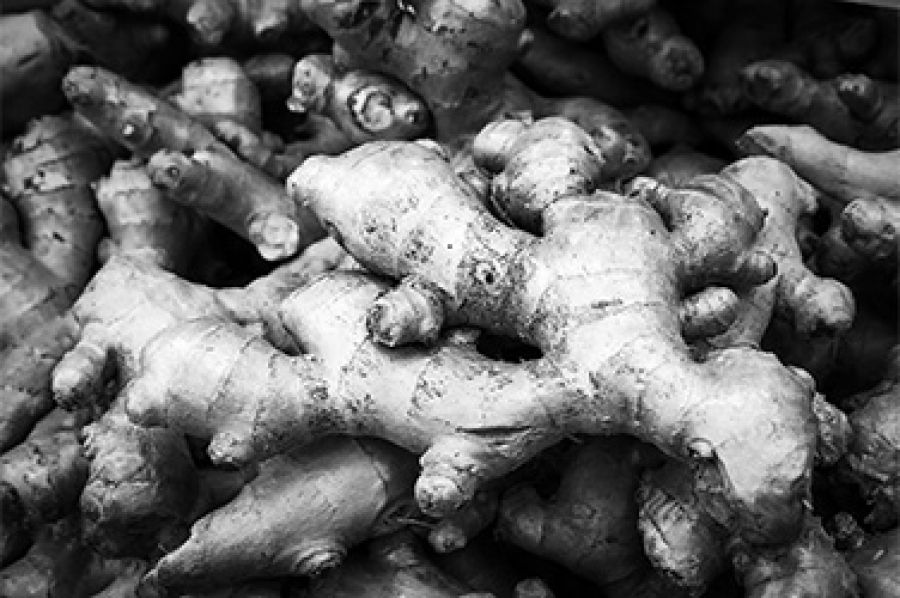
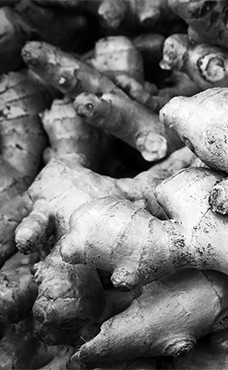
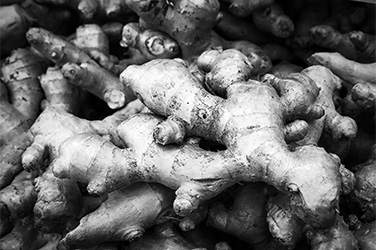



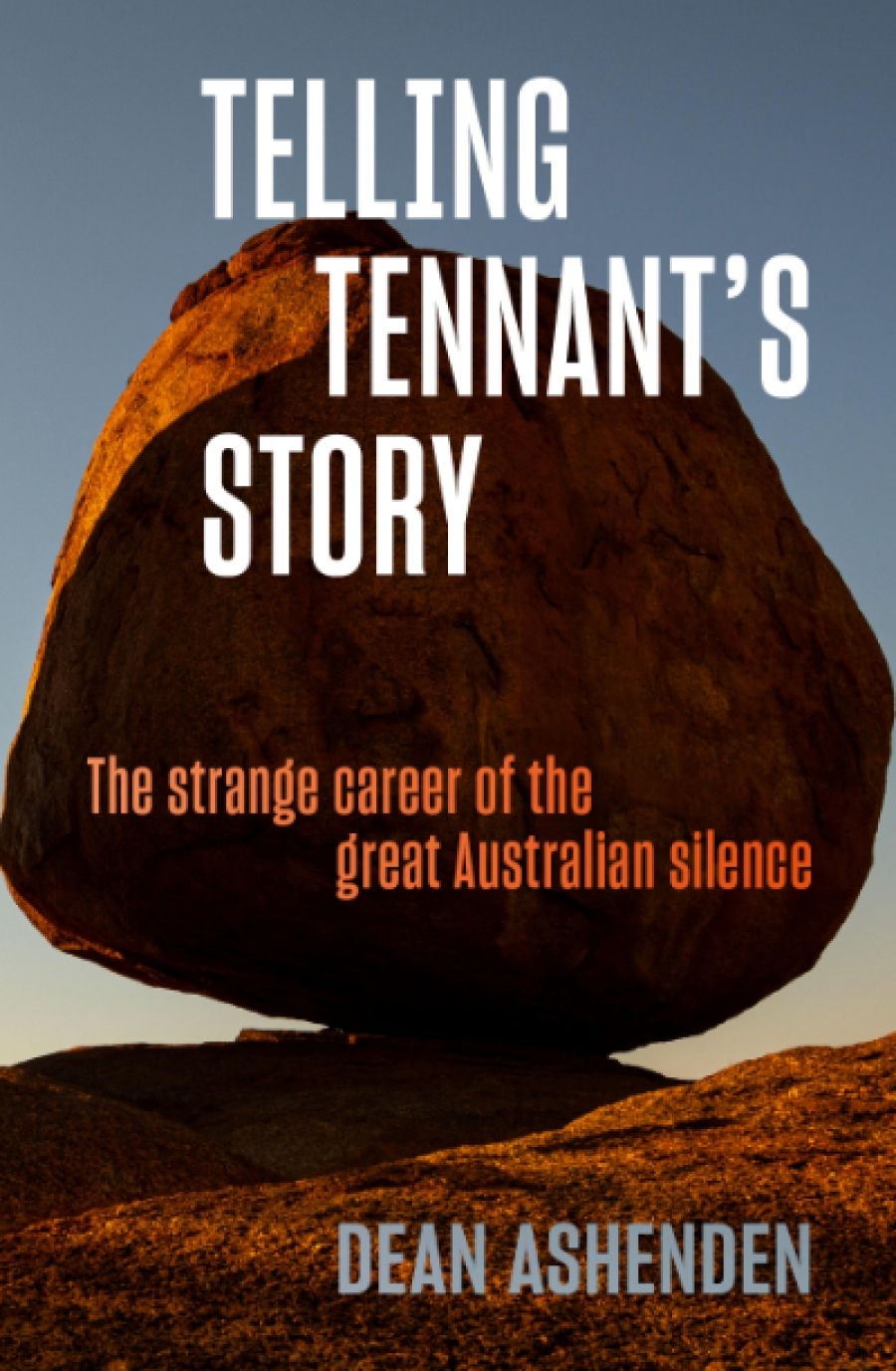

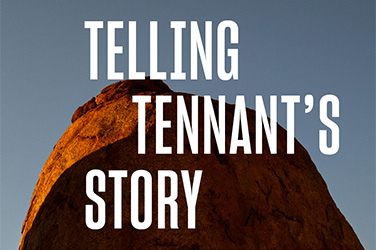
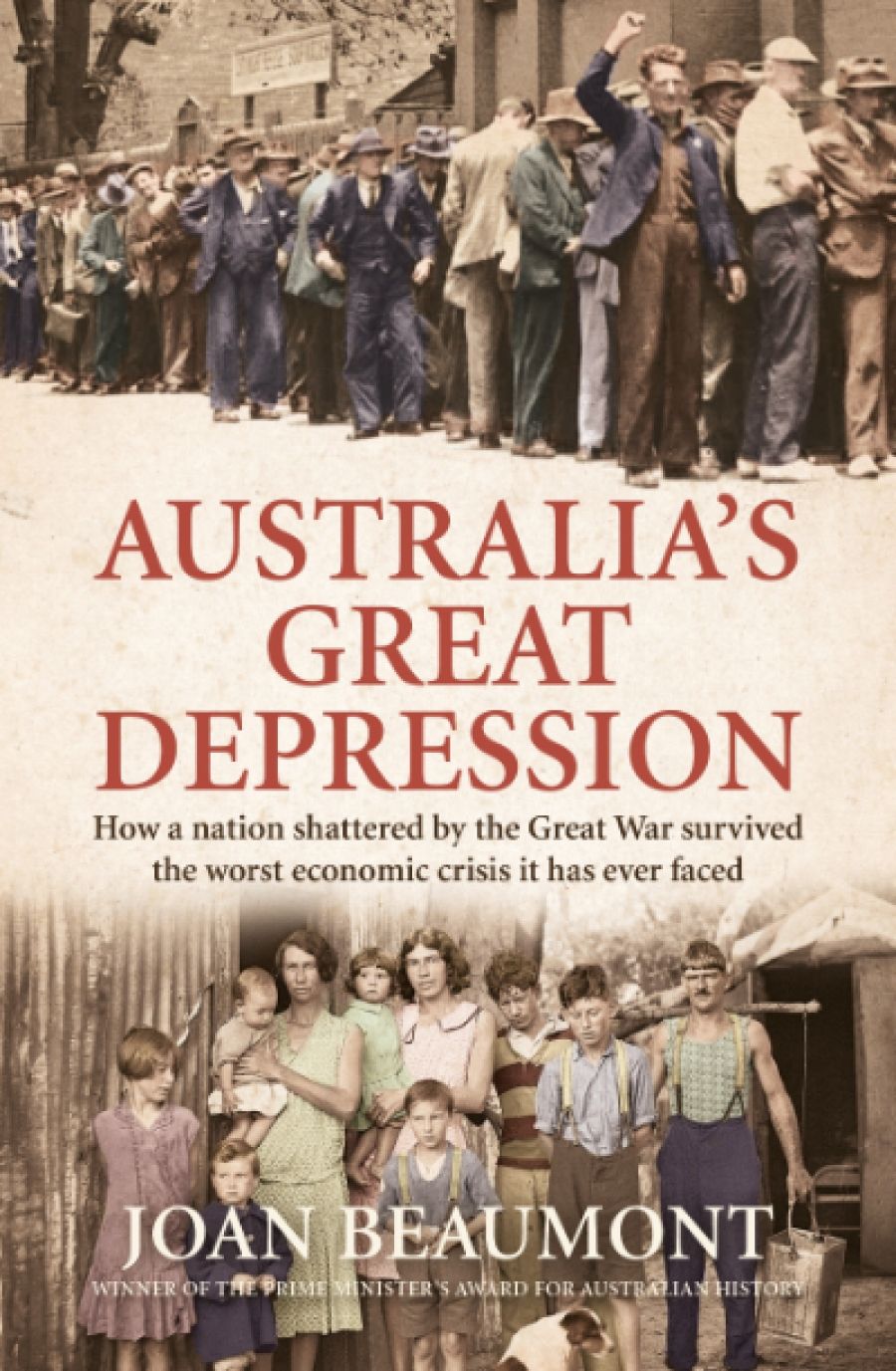


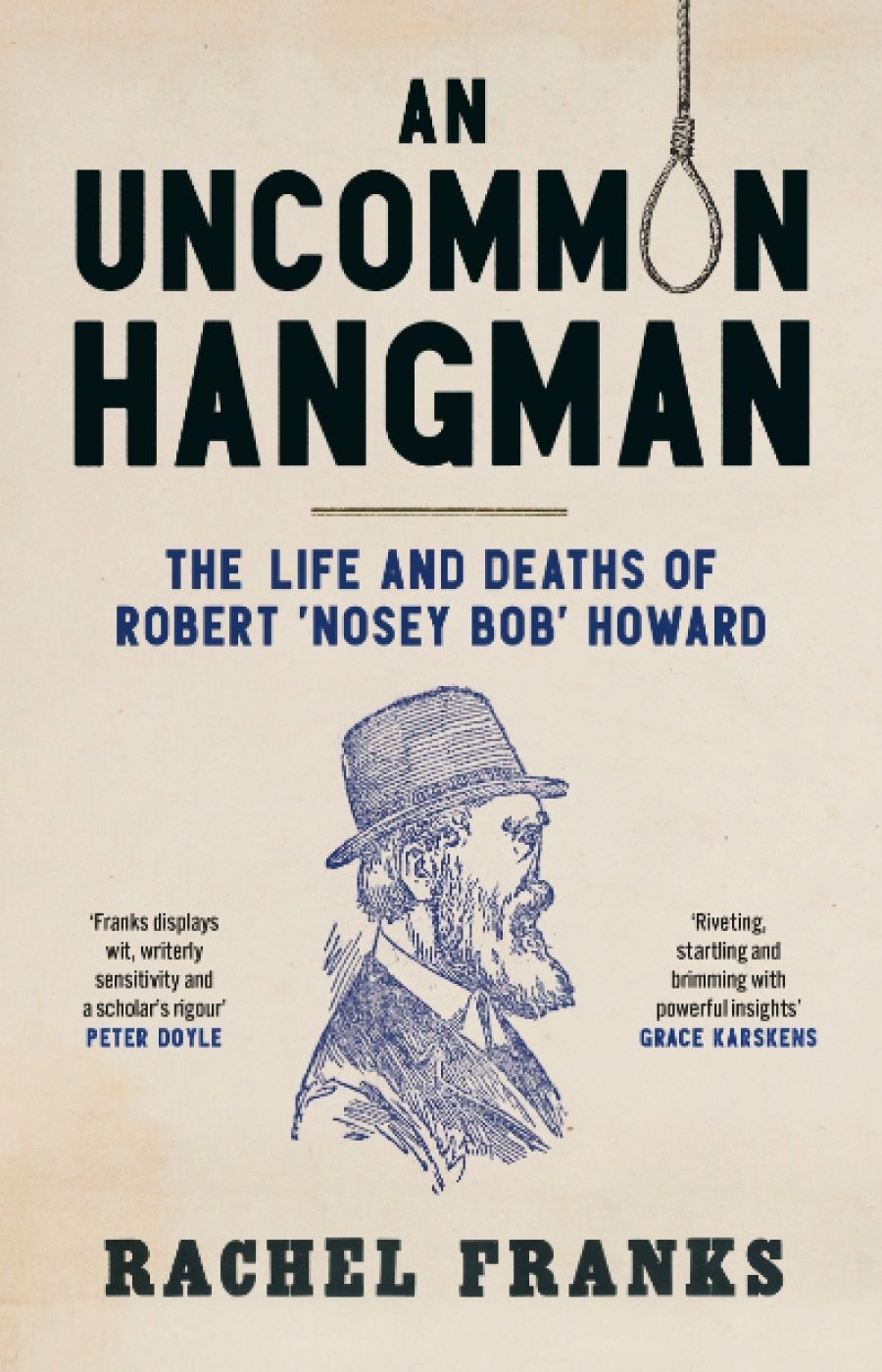
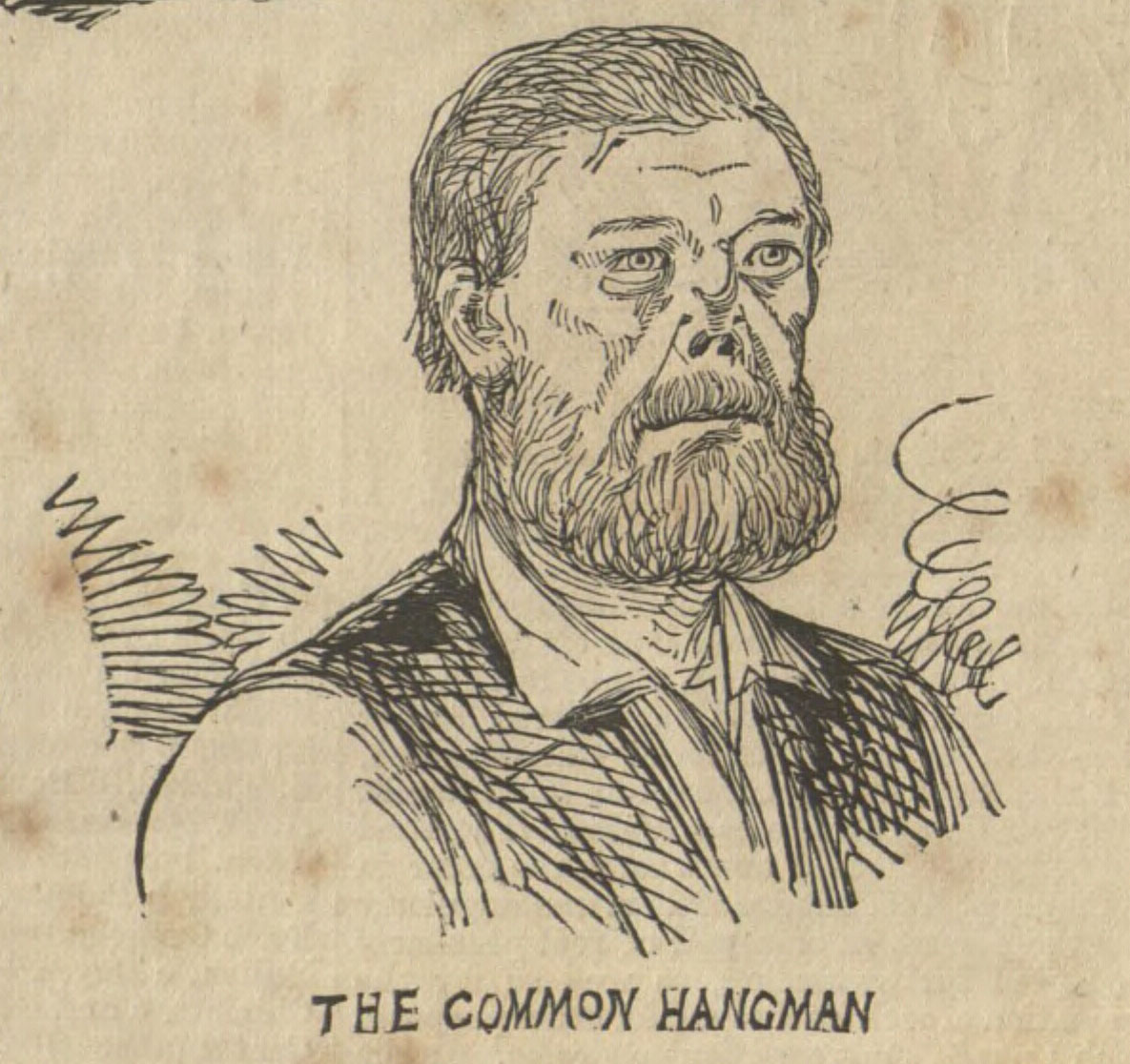
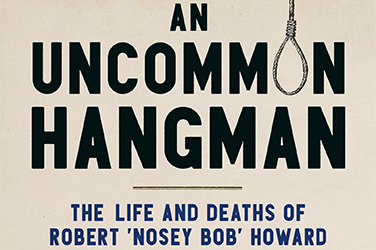
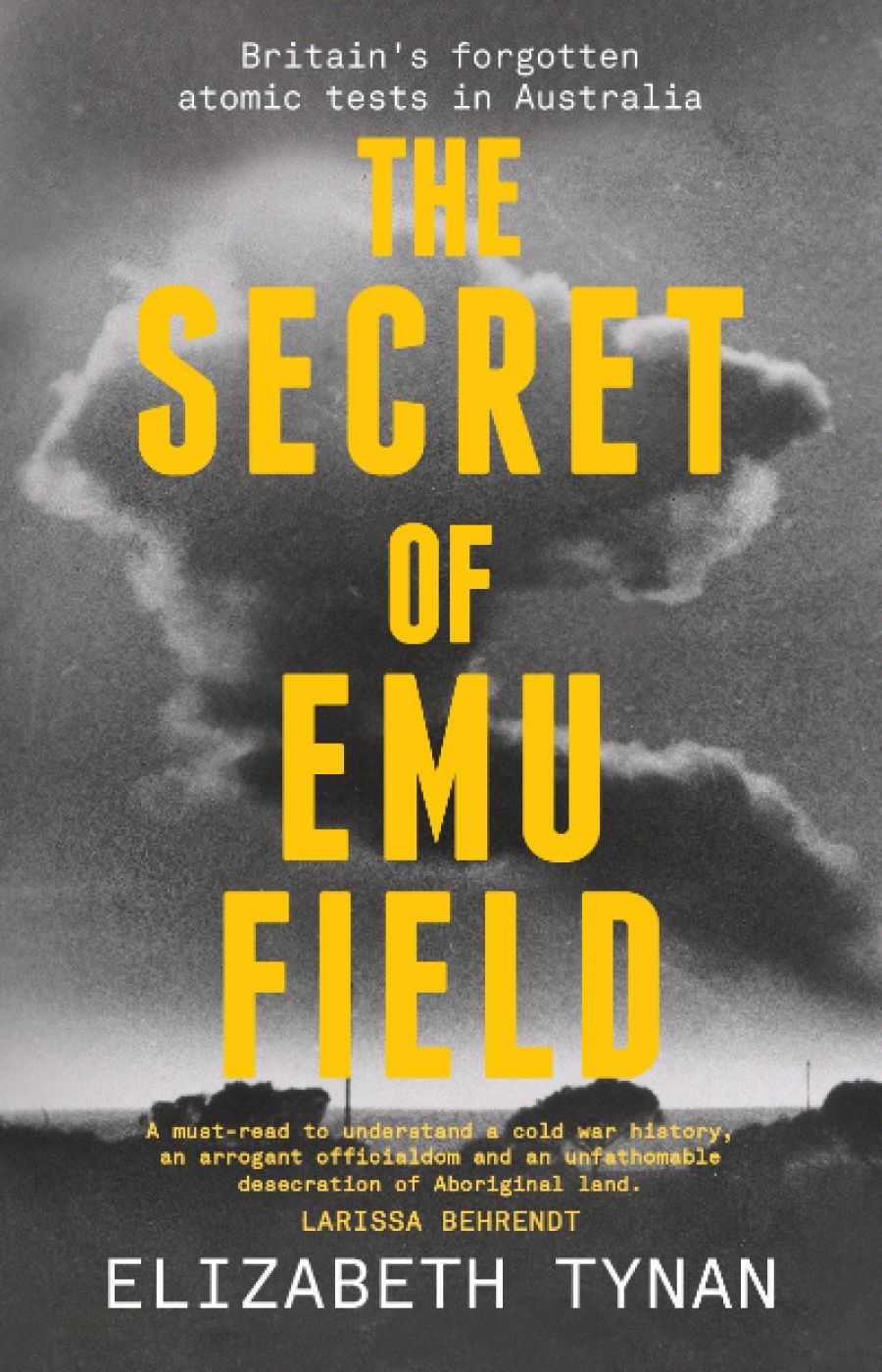
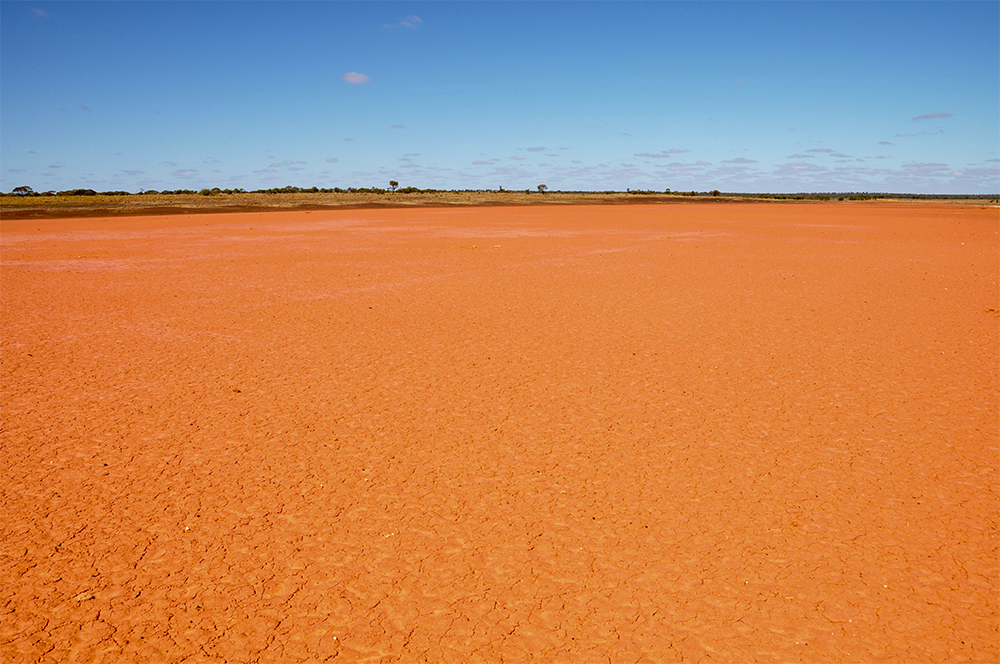
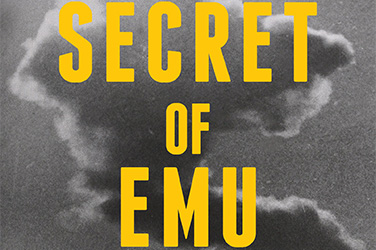
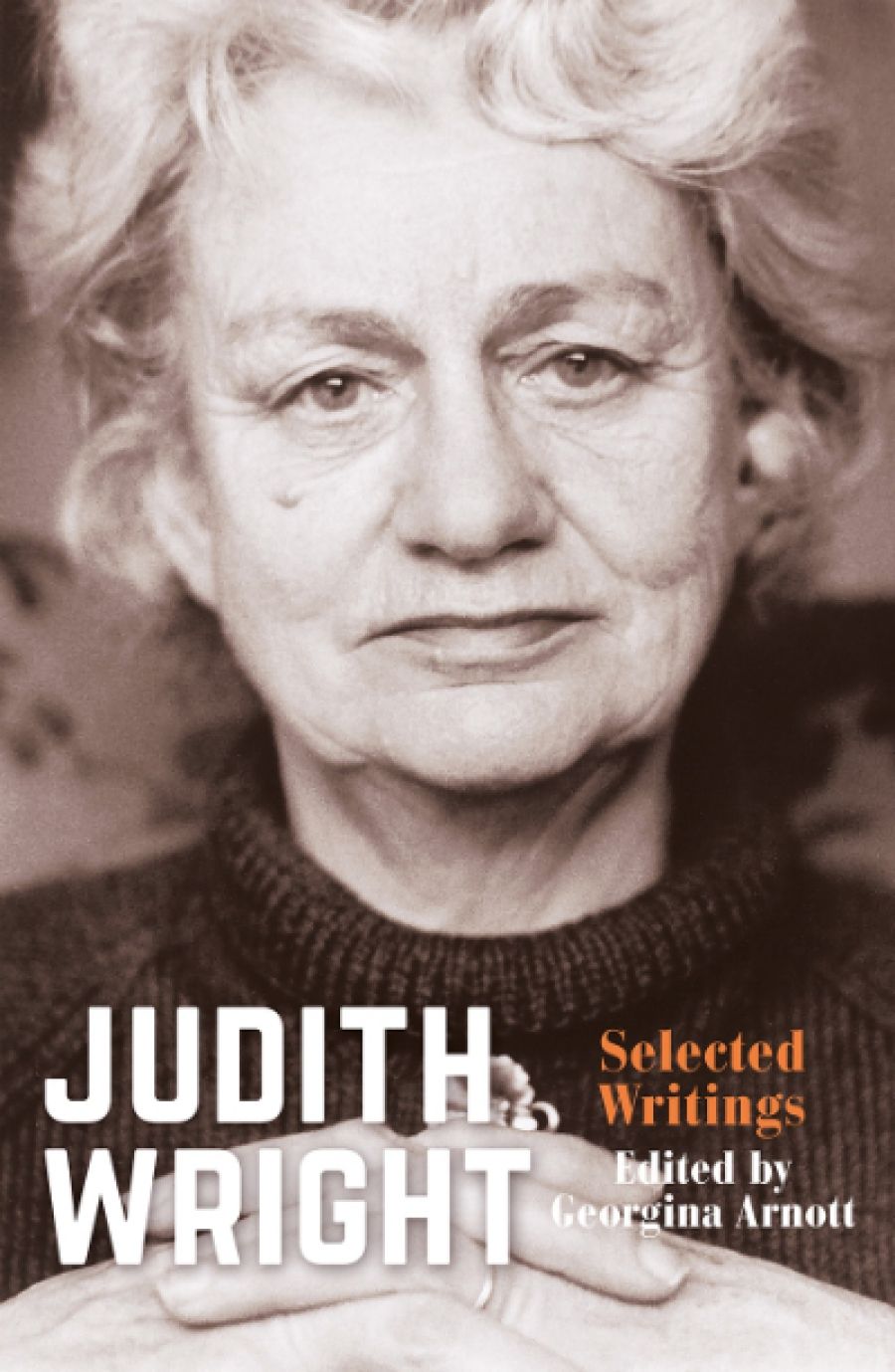
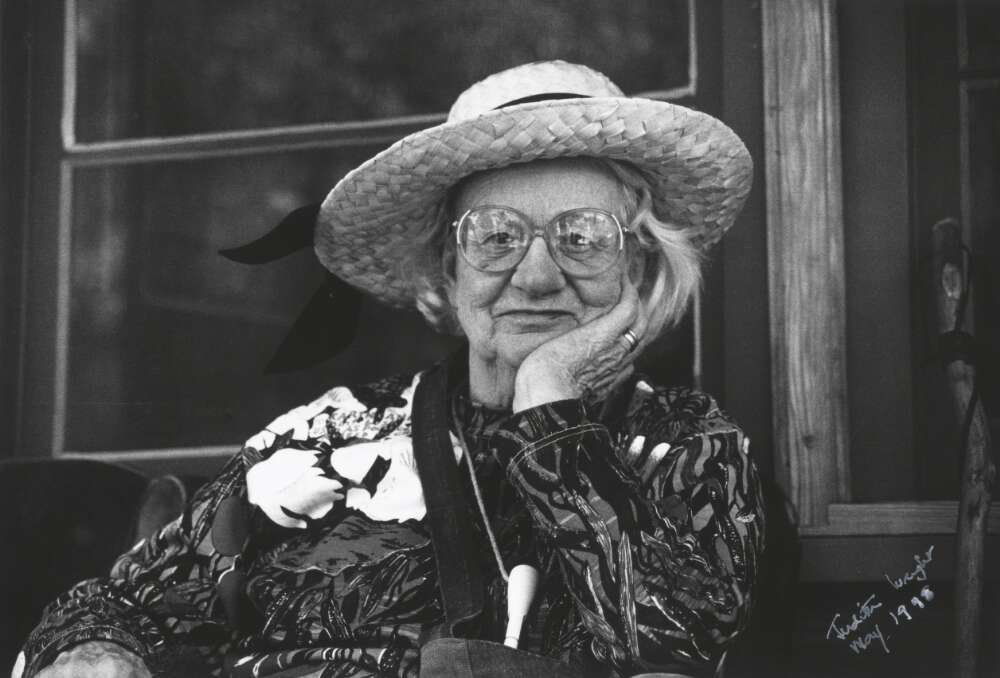
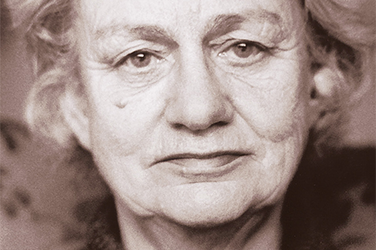
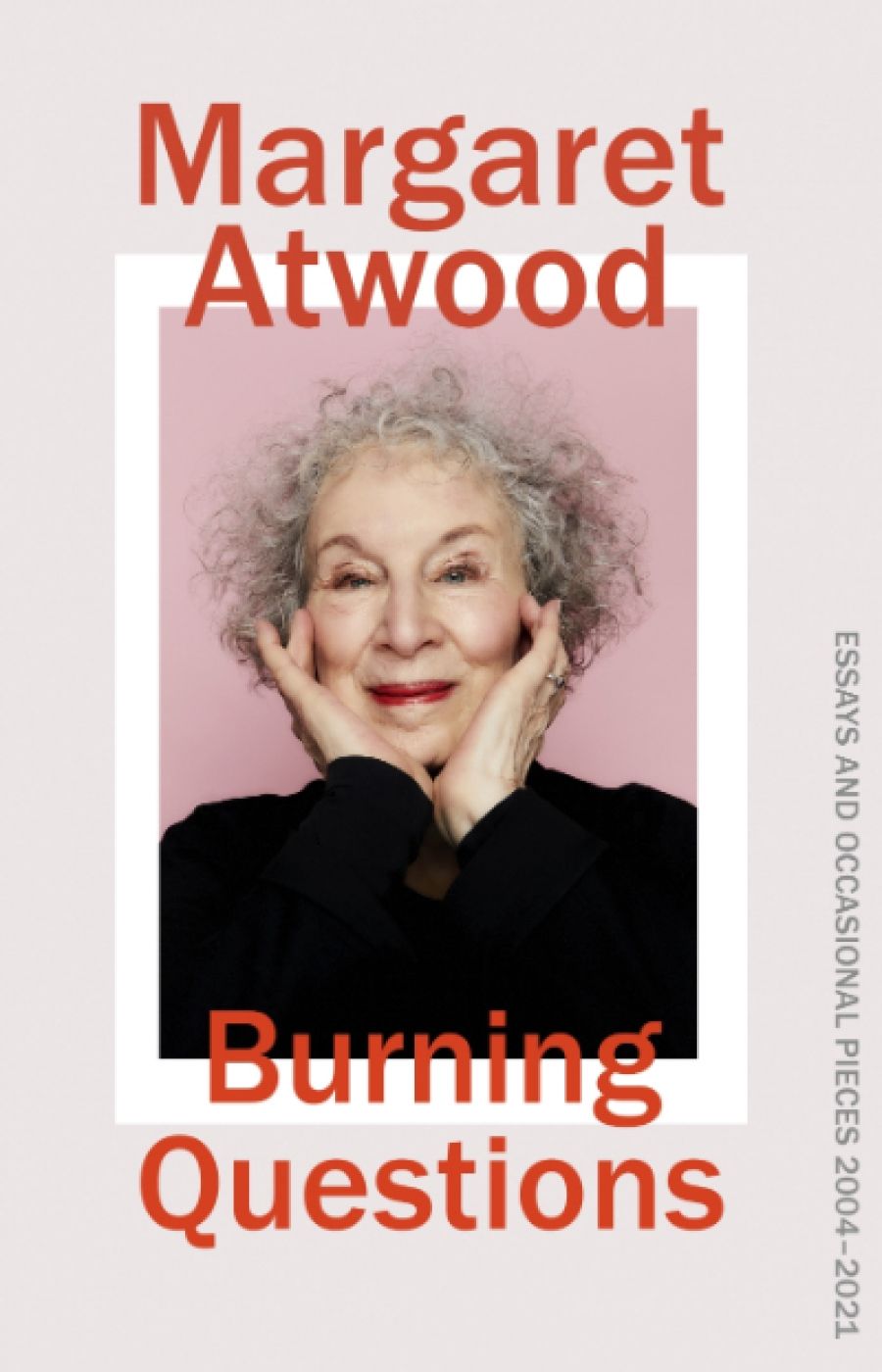
%20copy.jpg)
